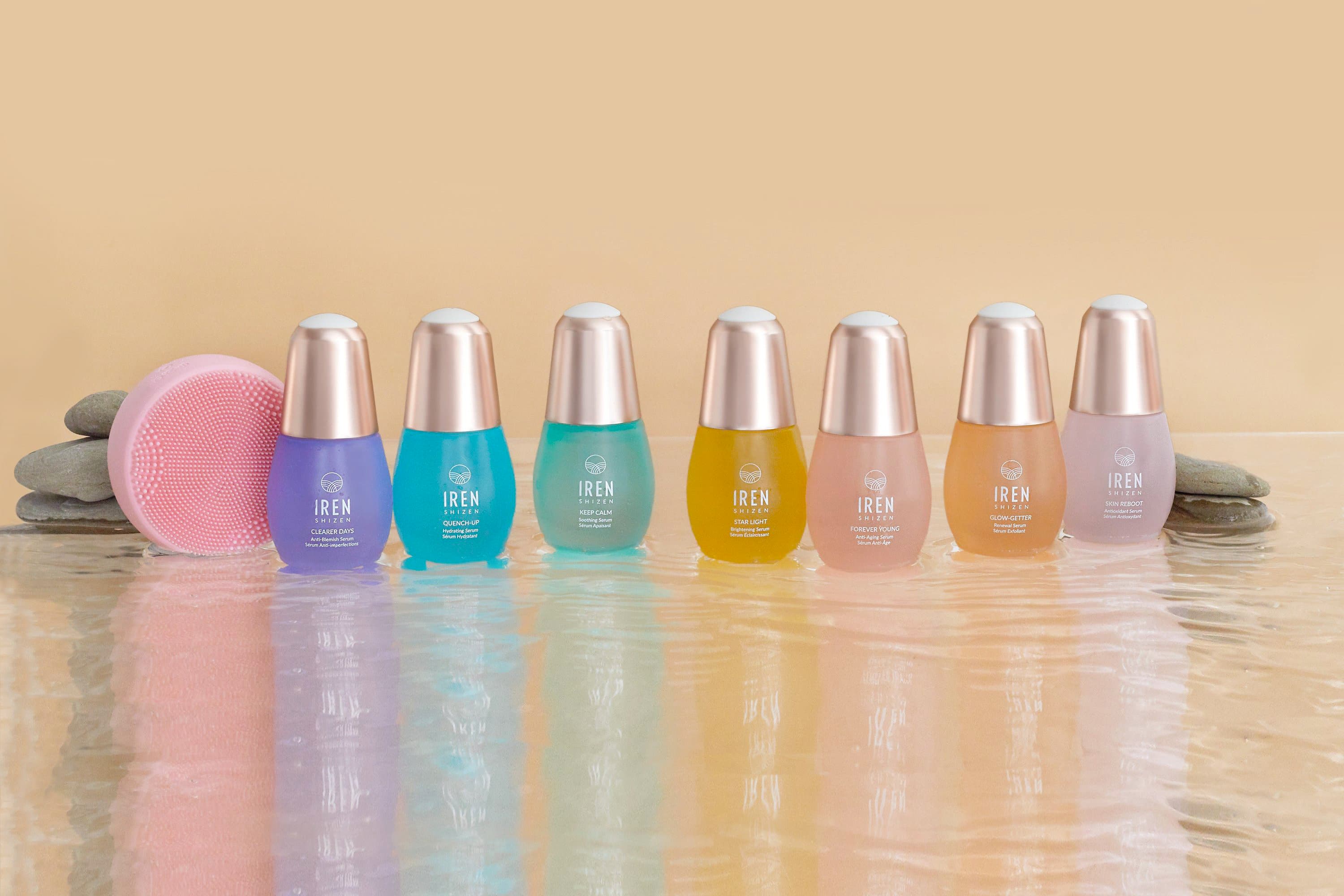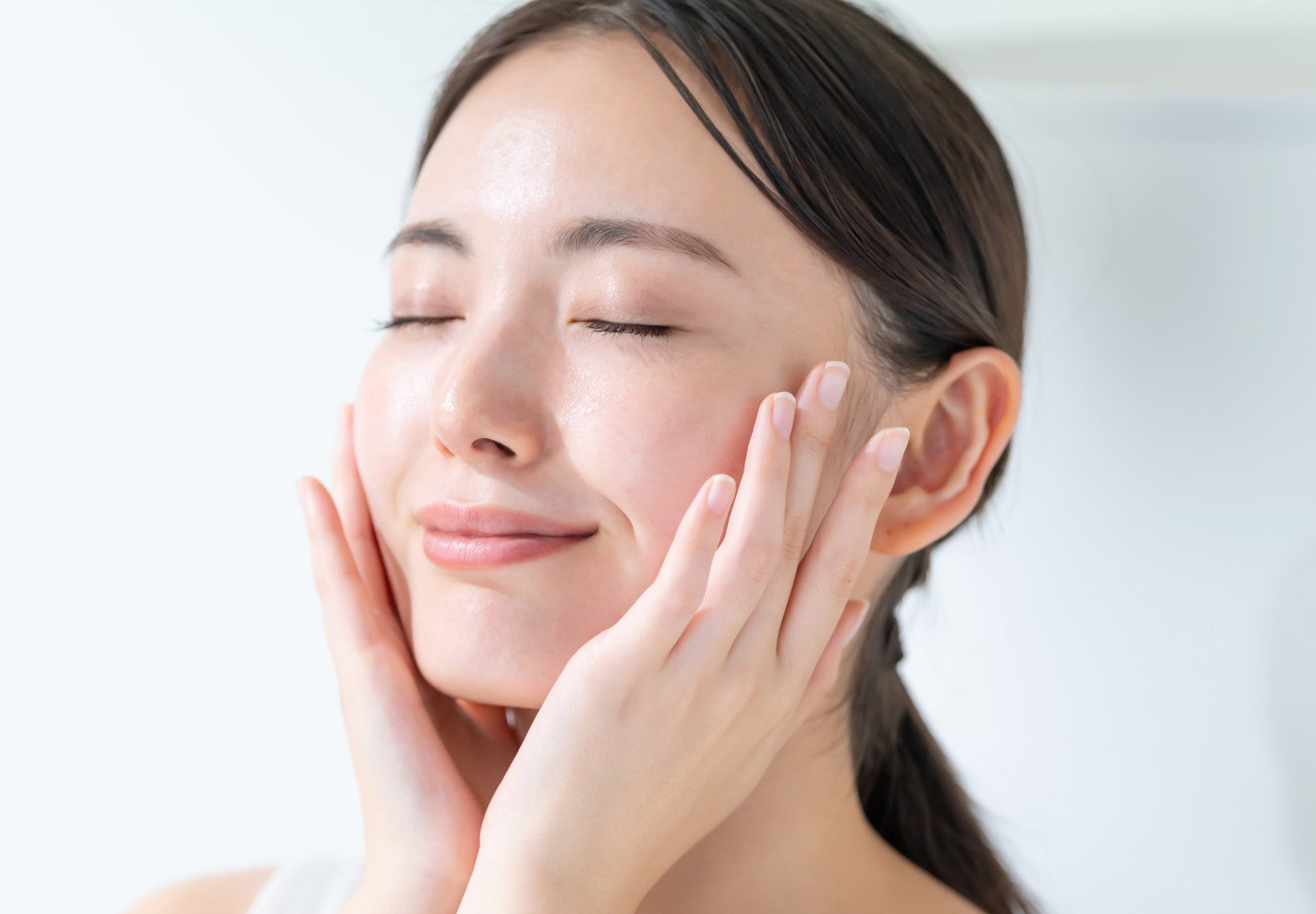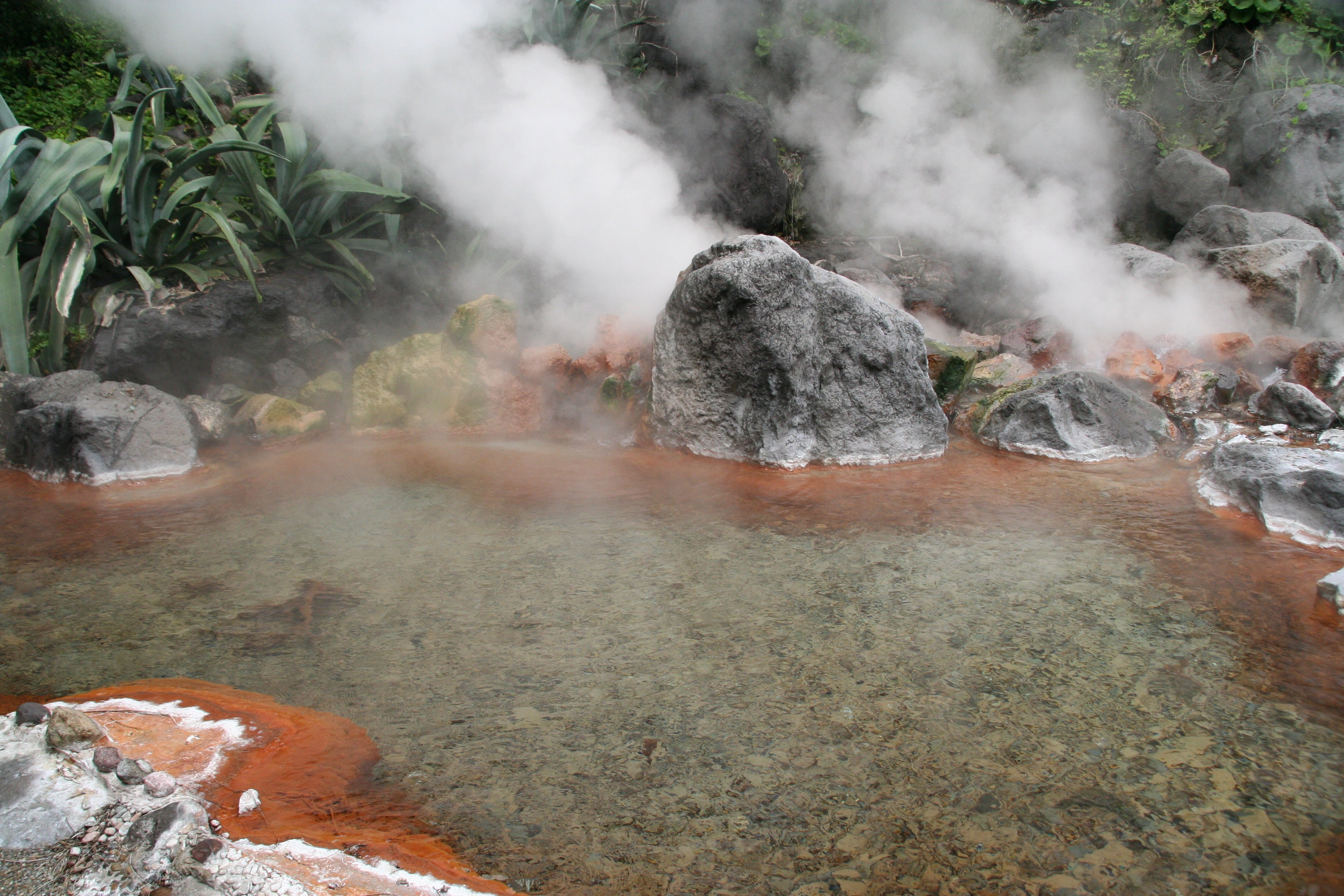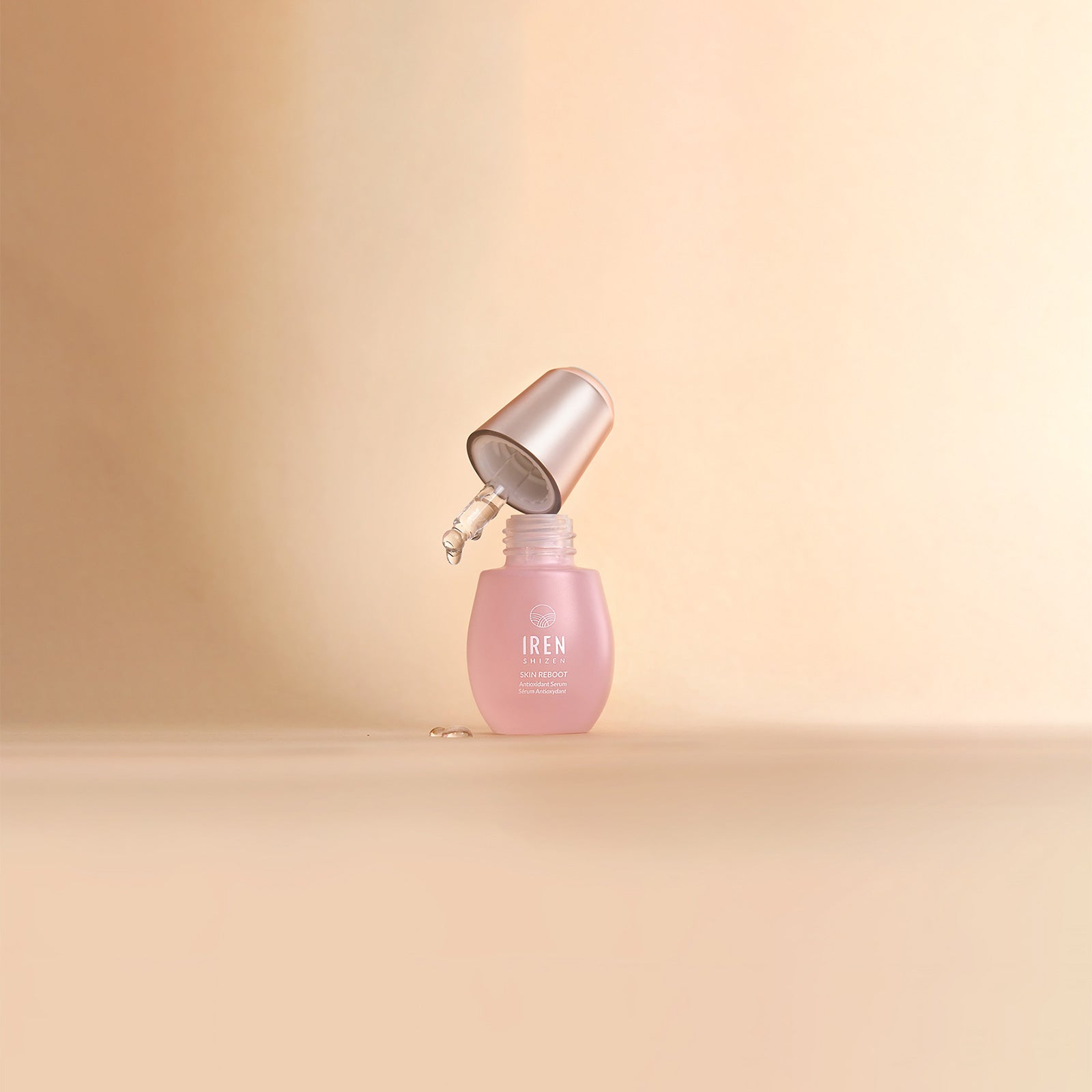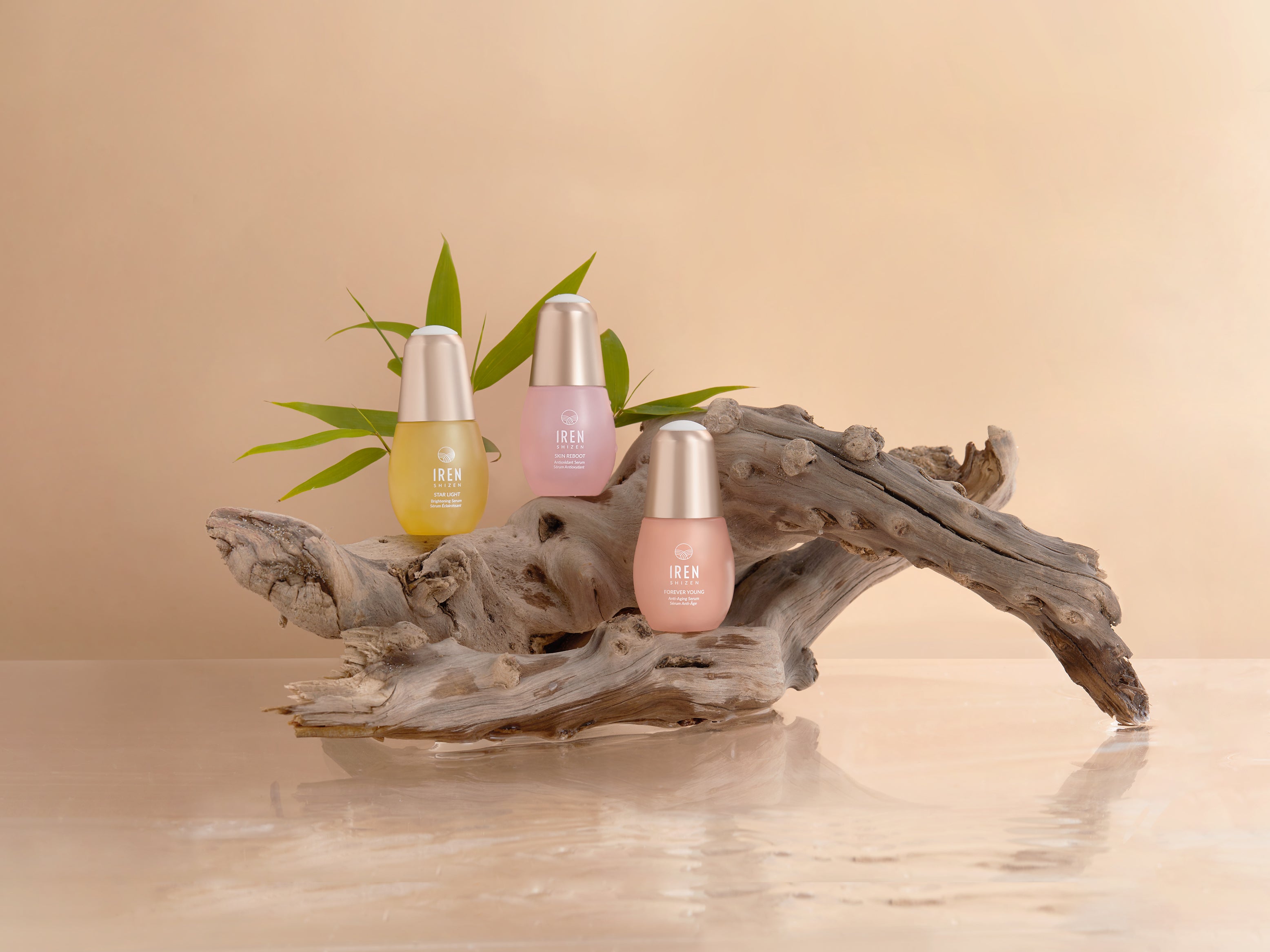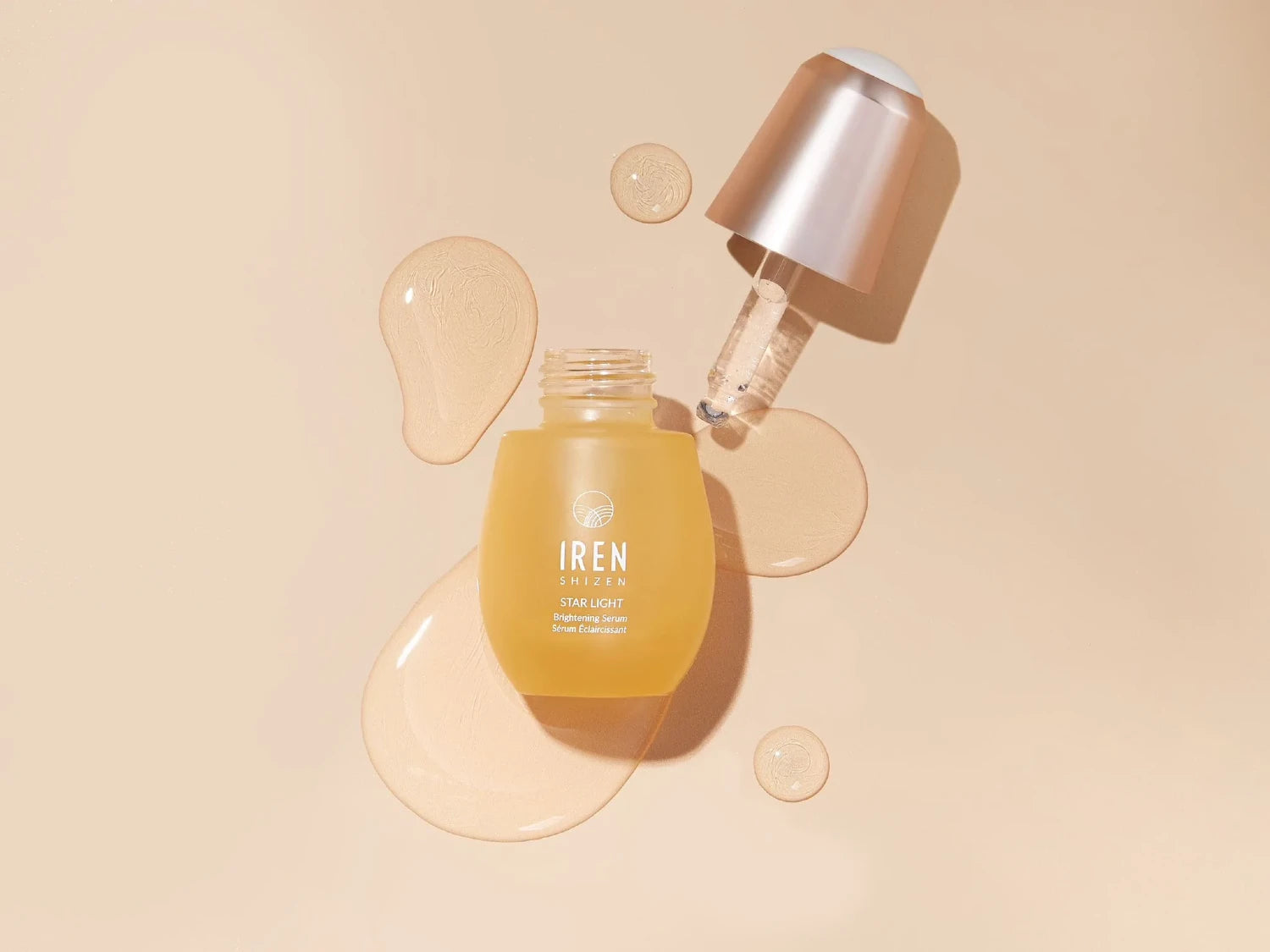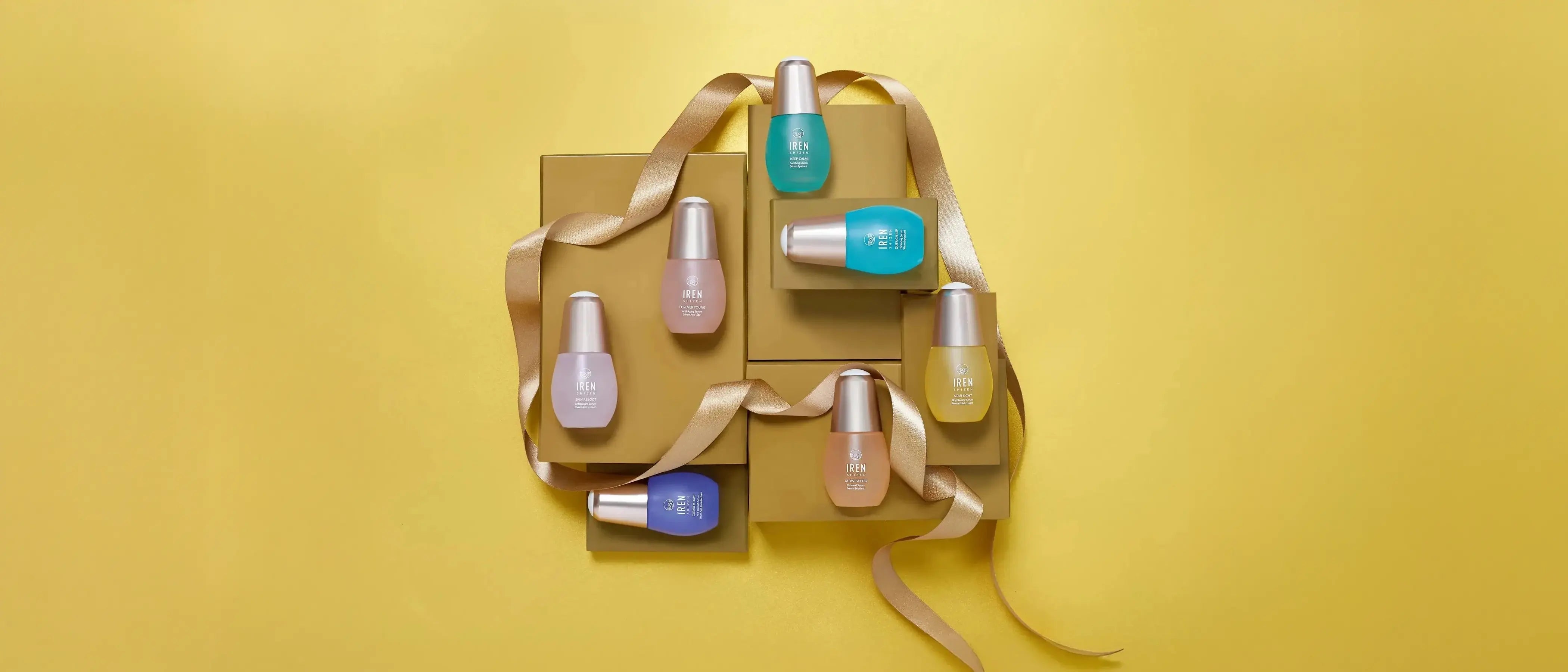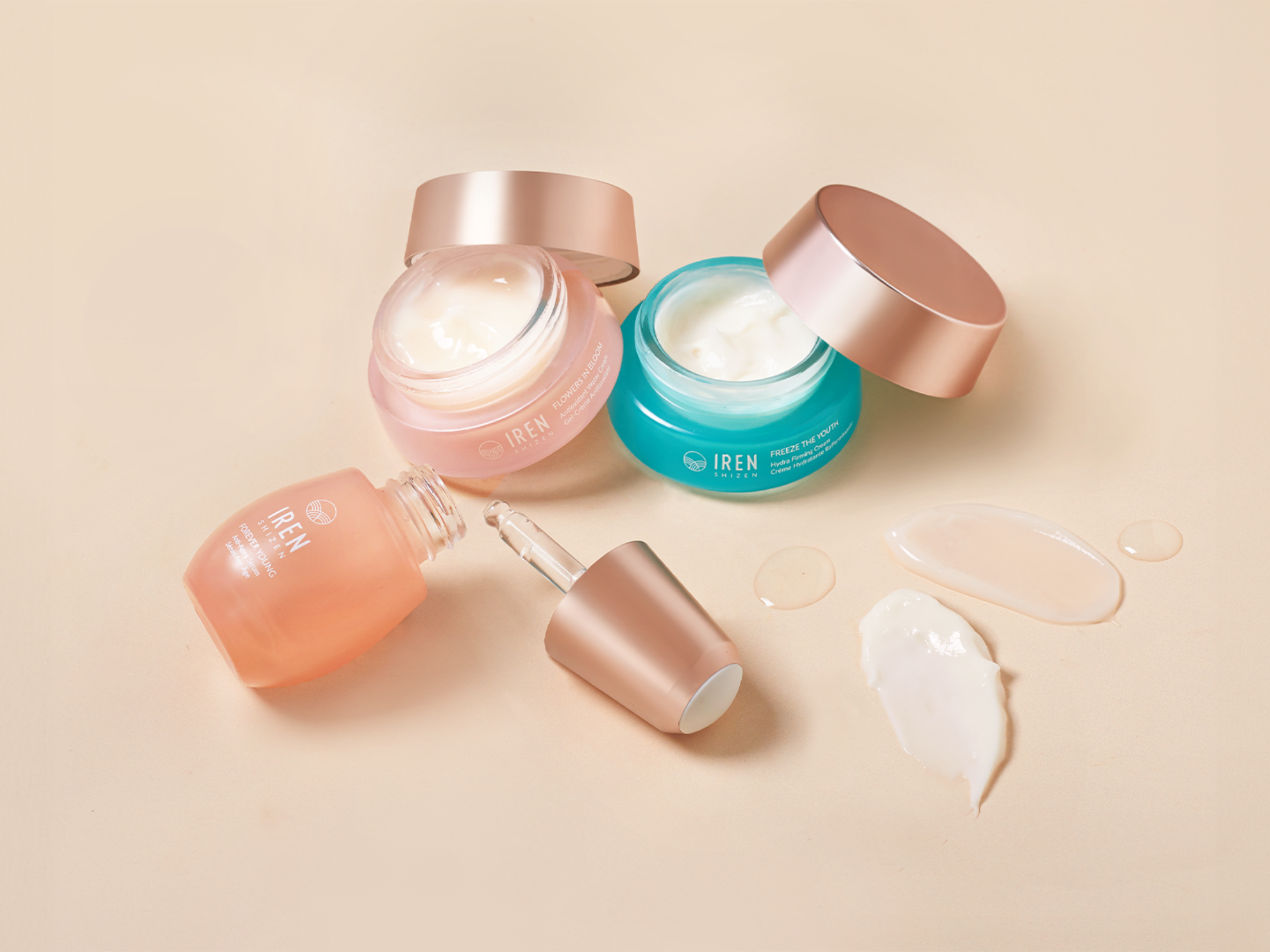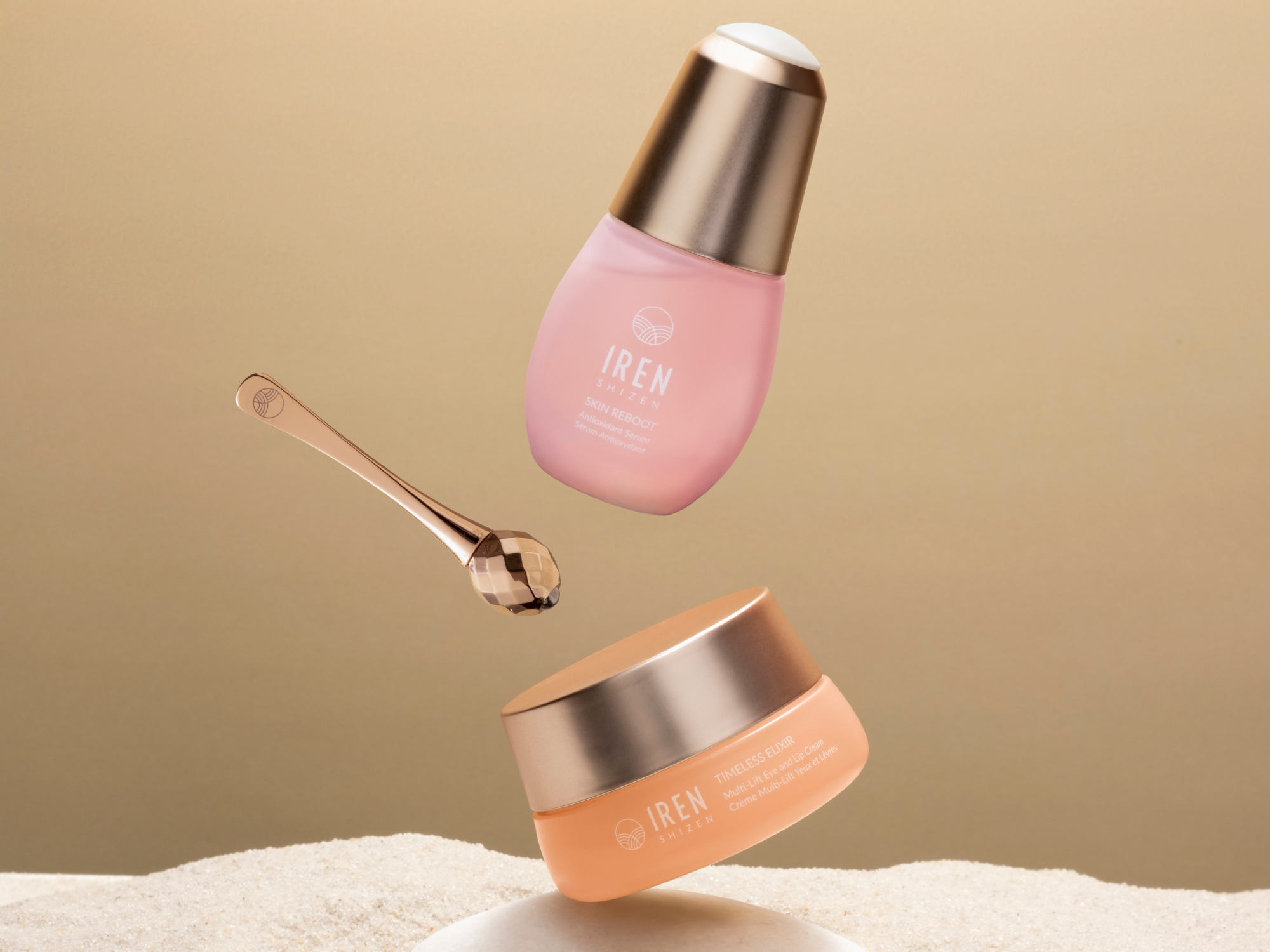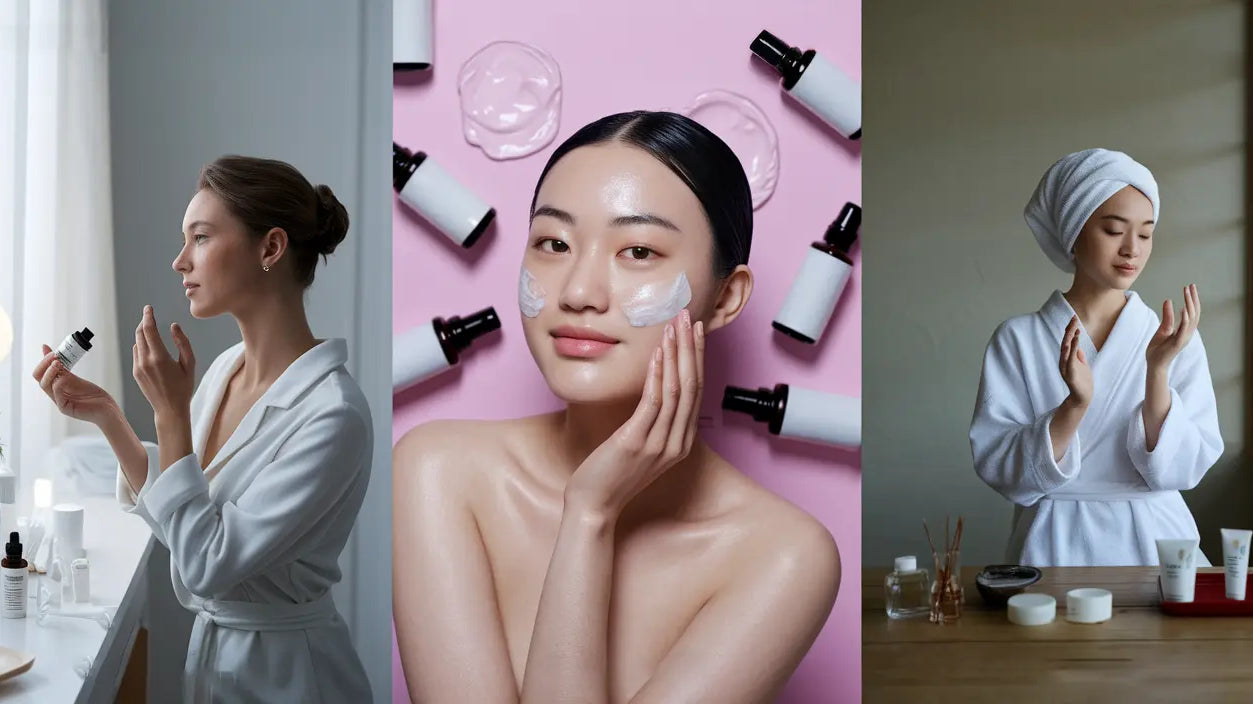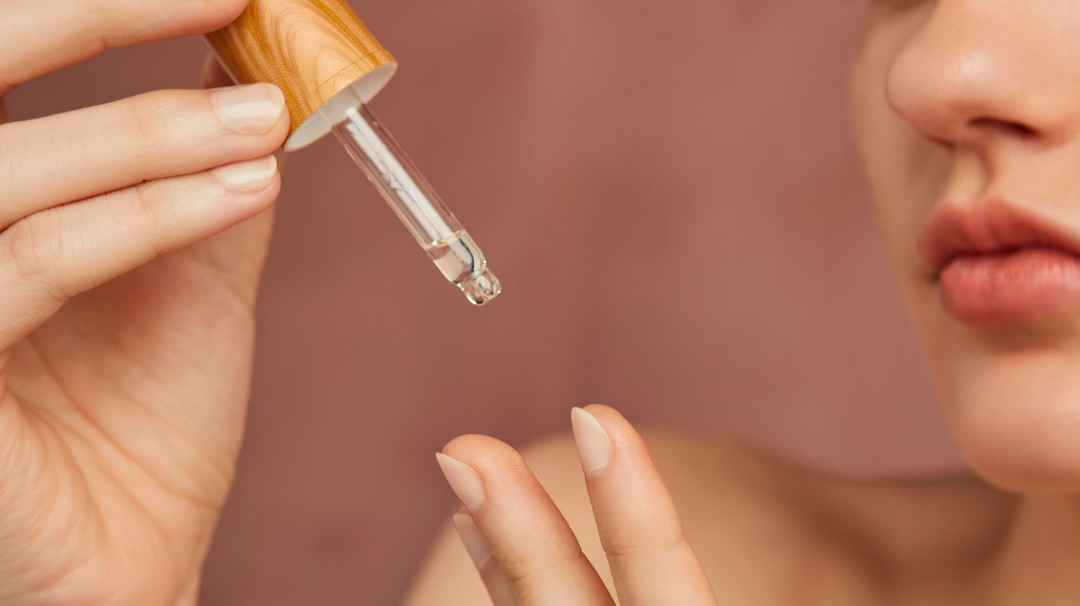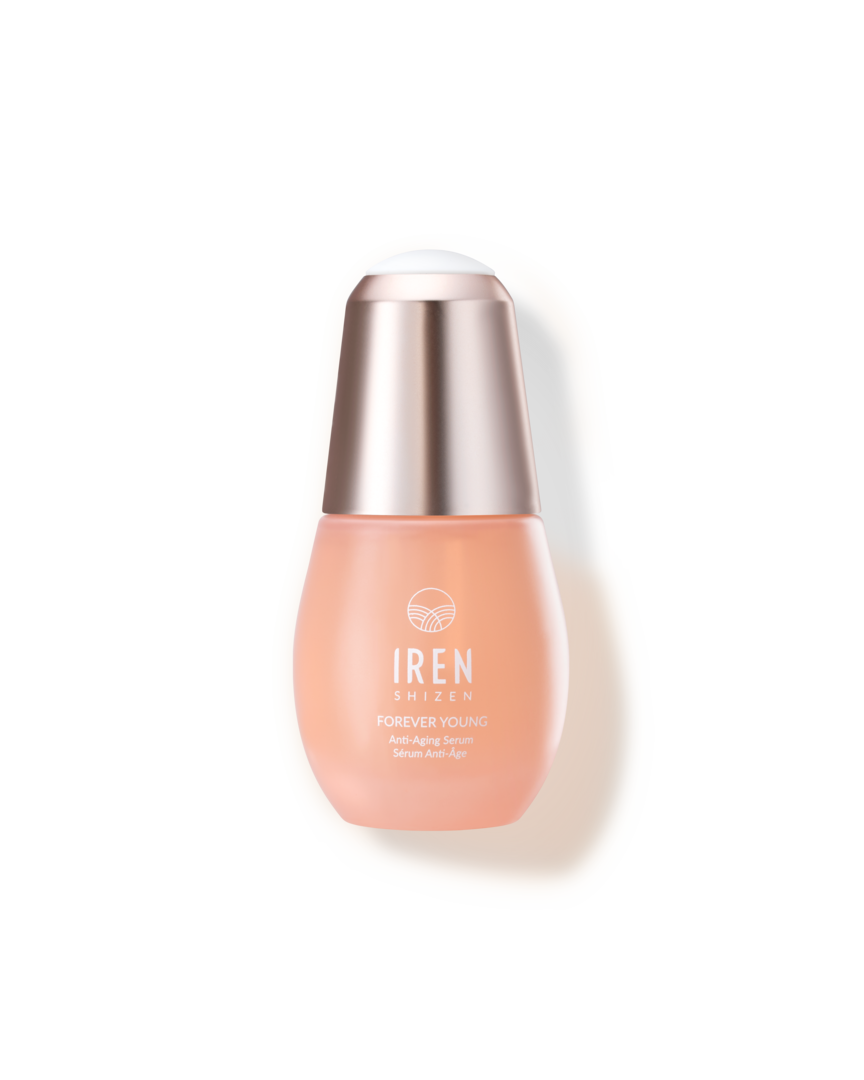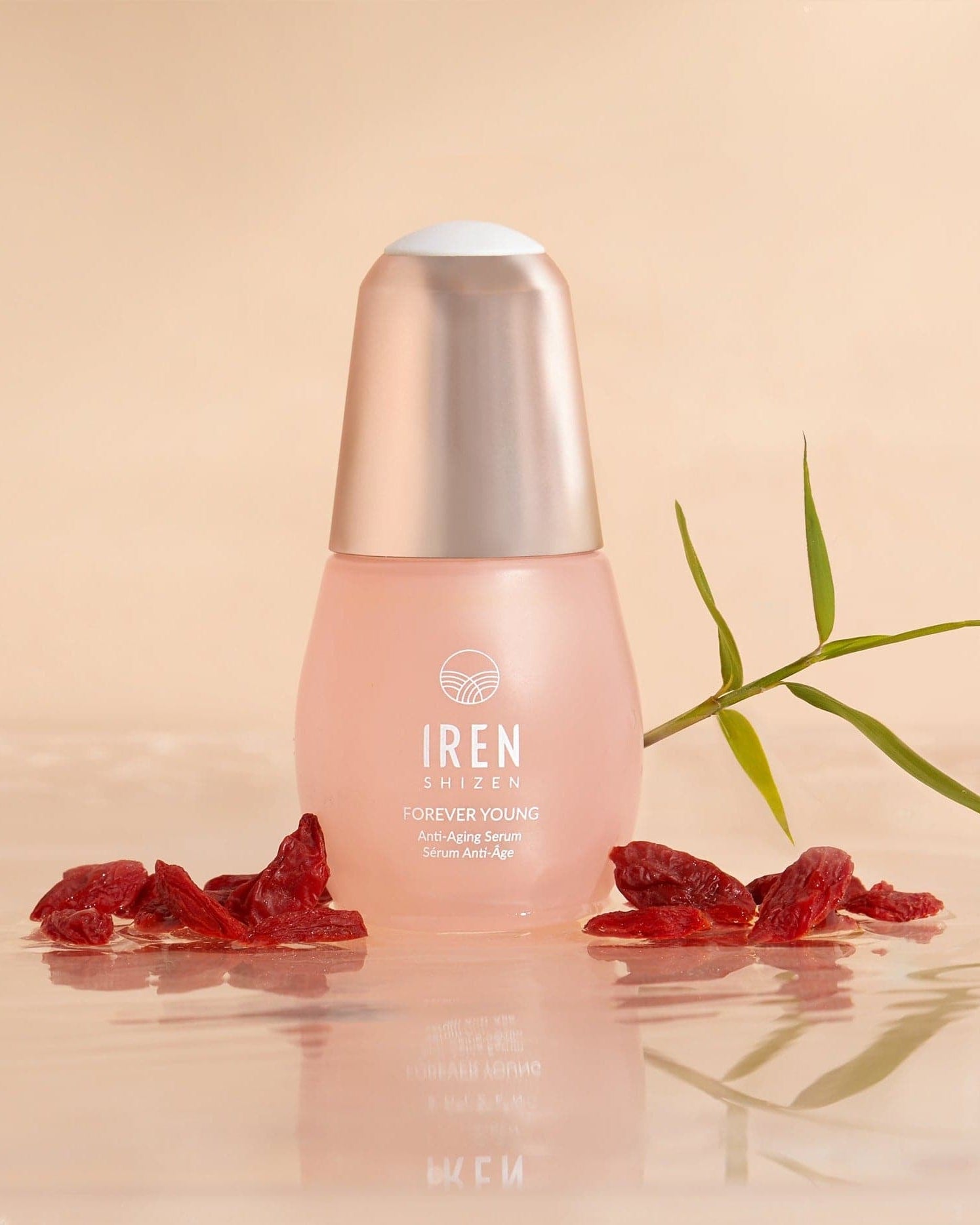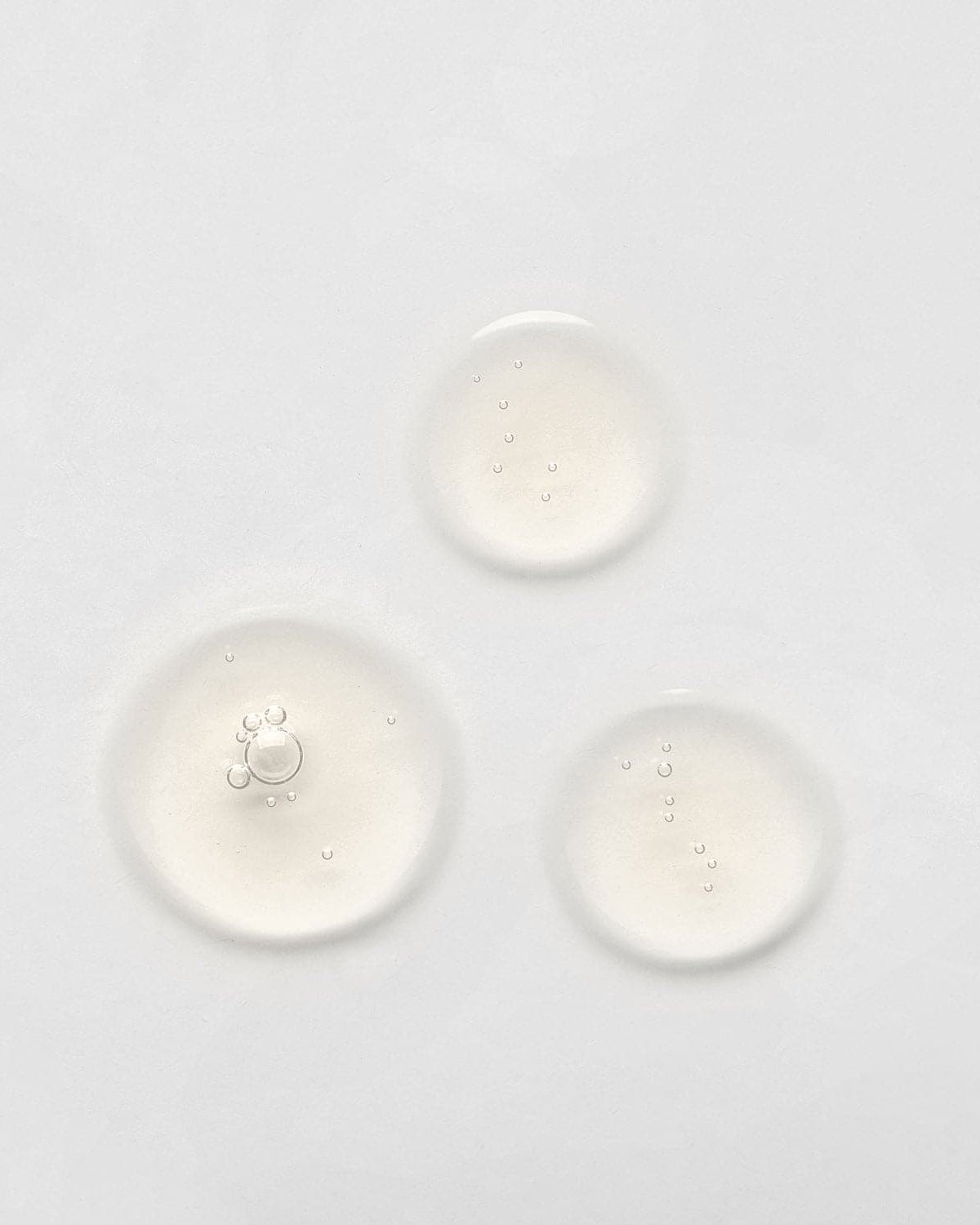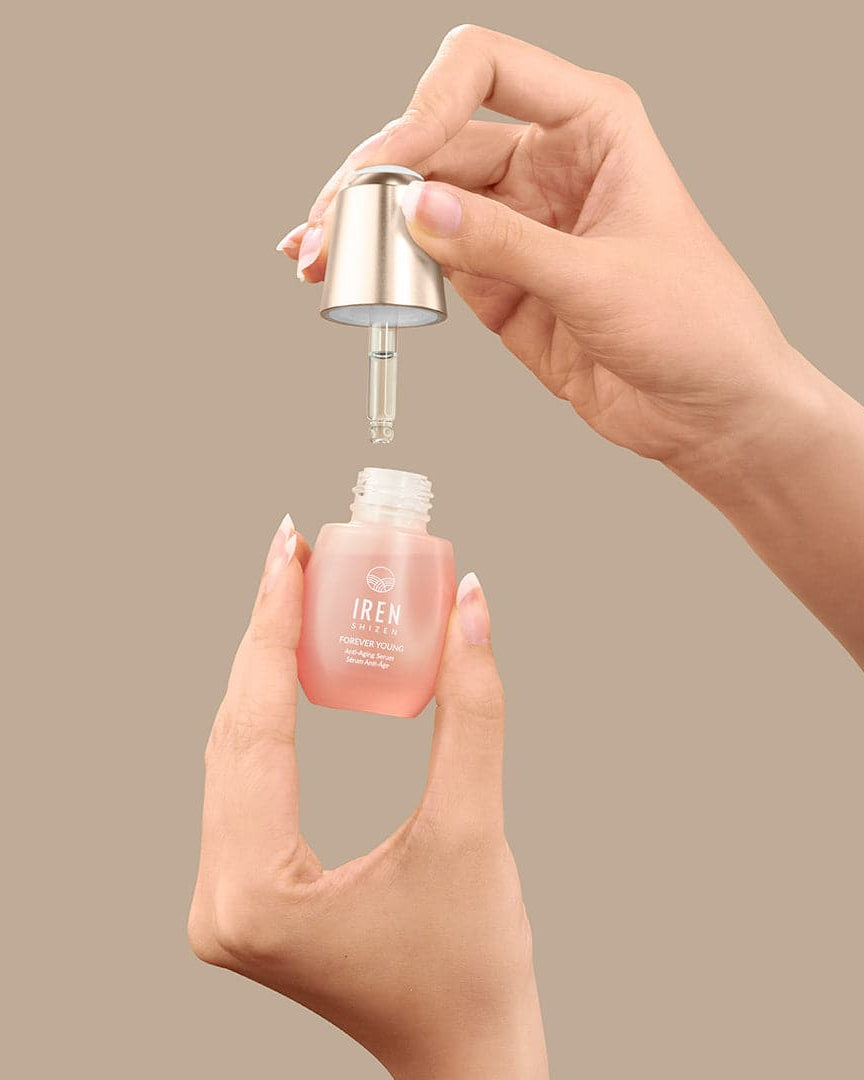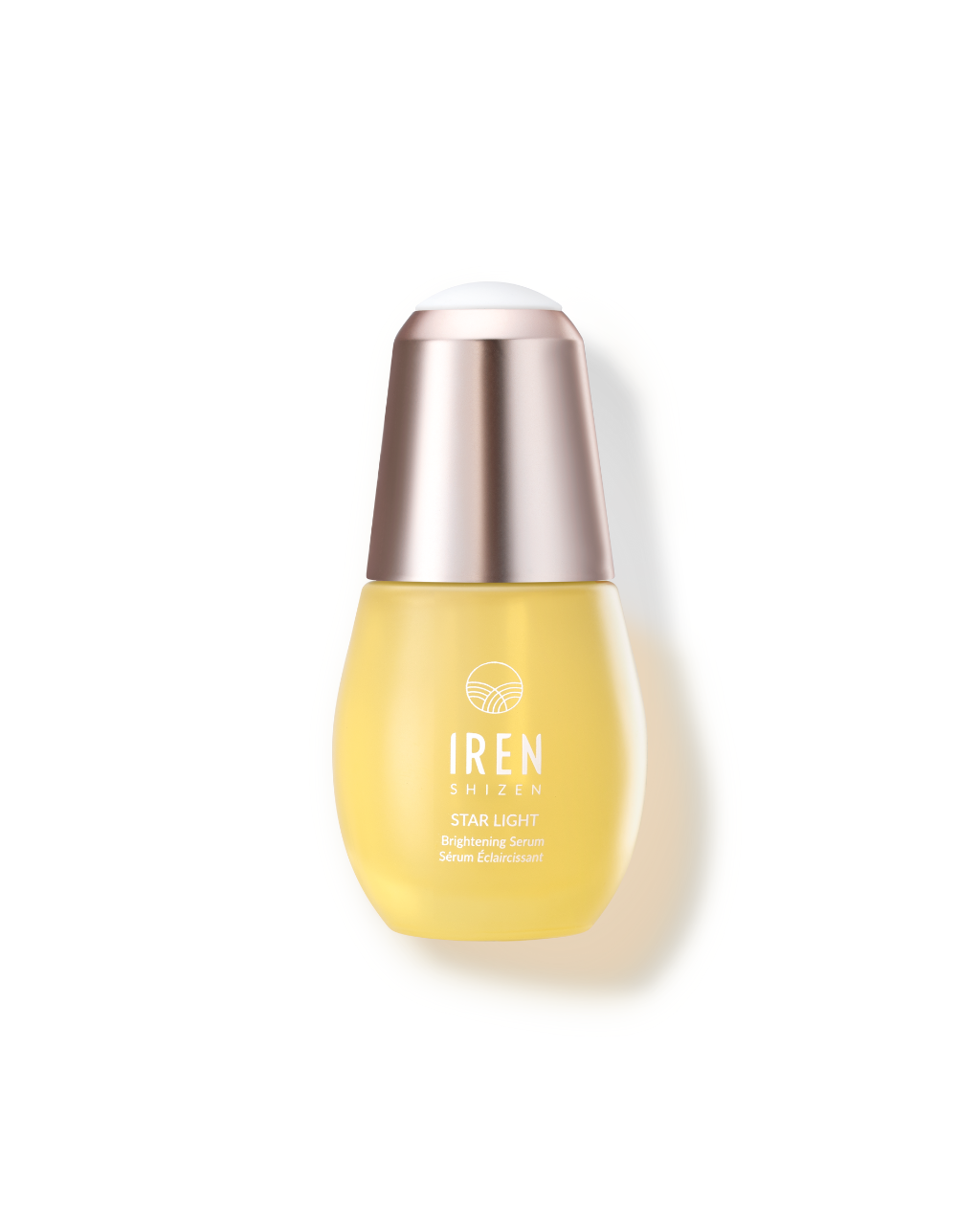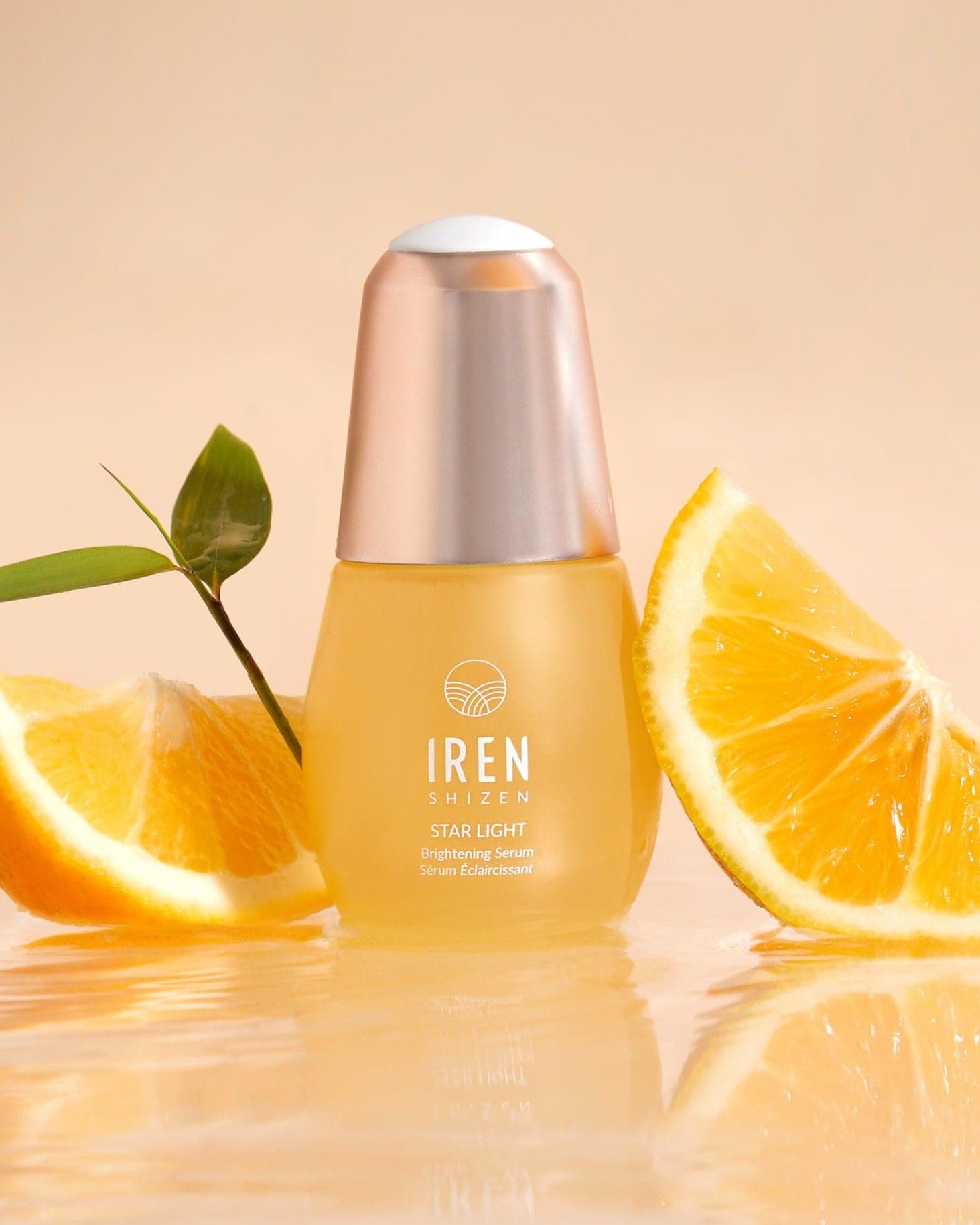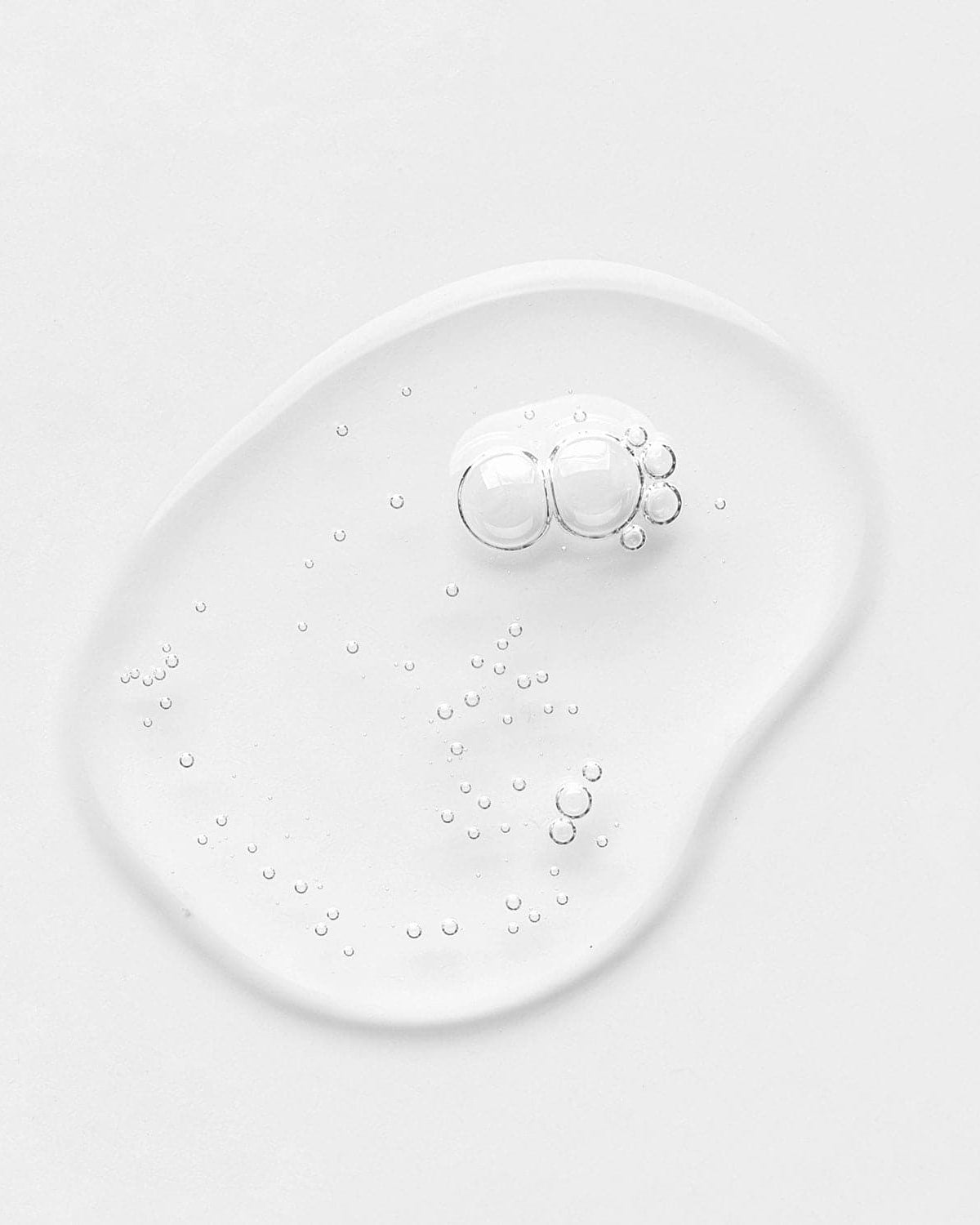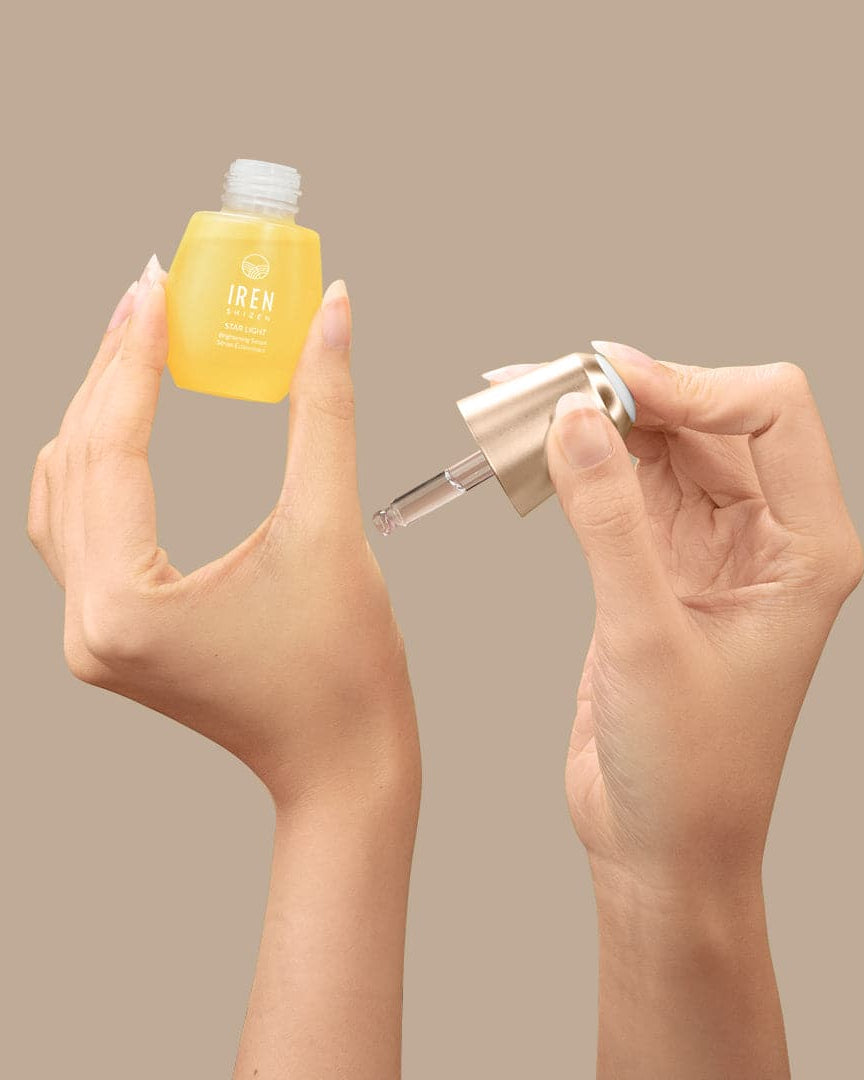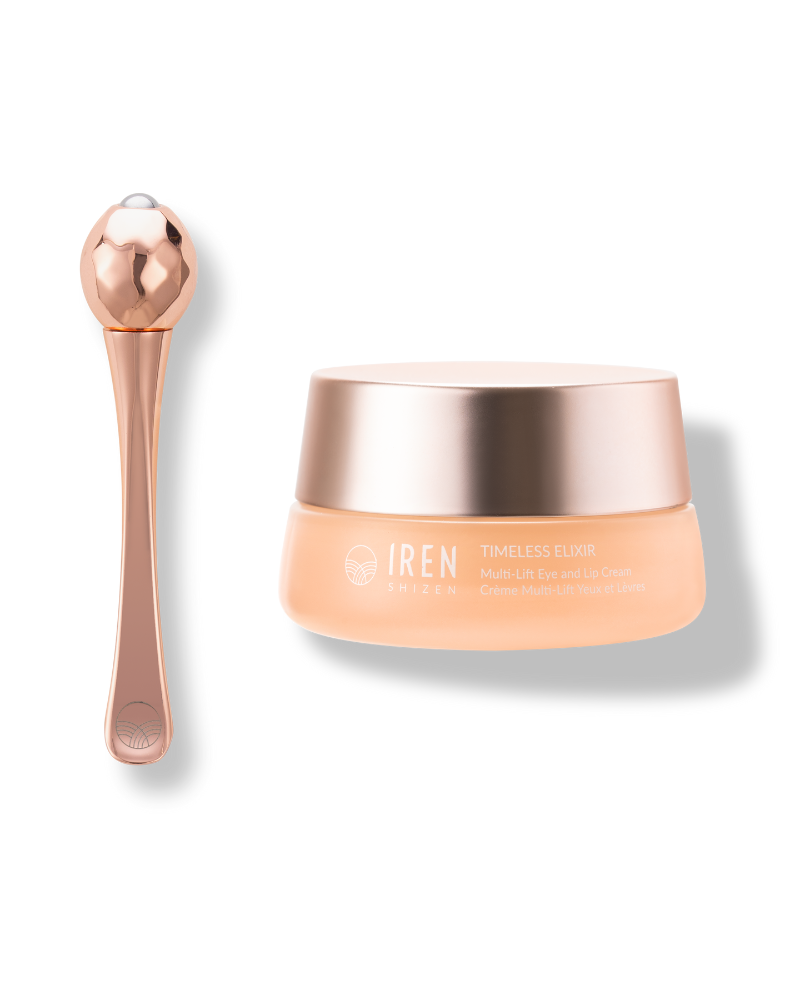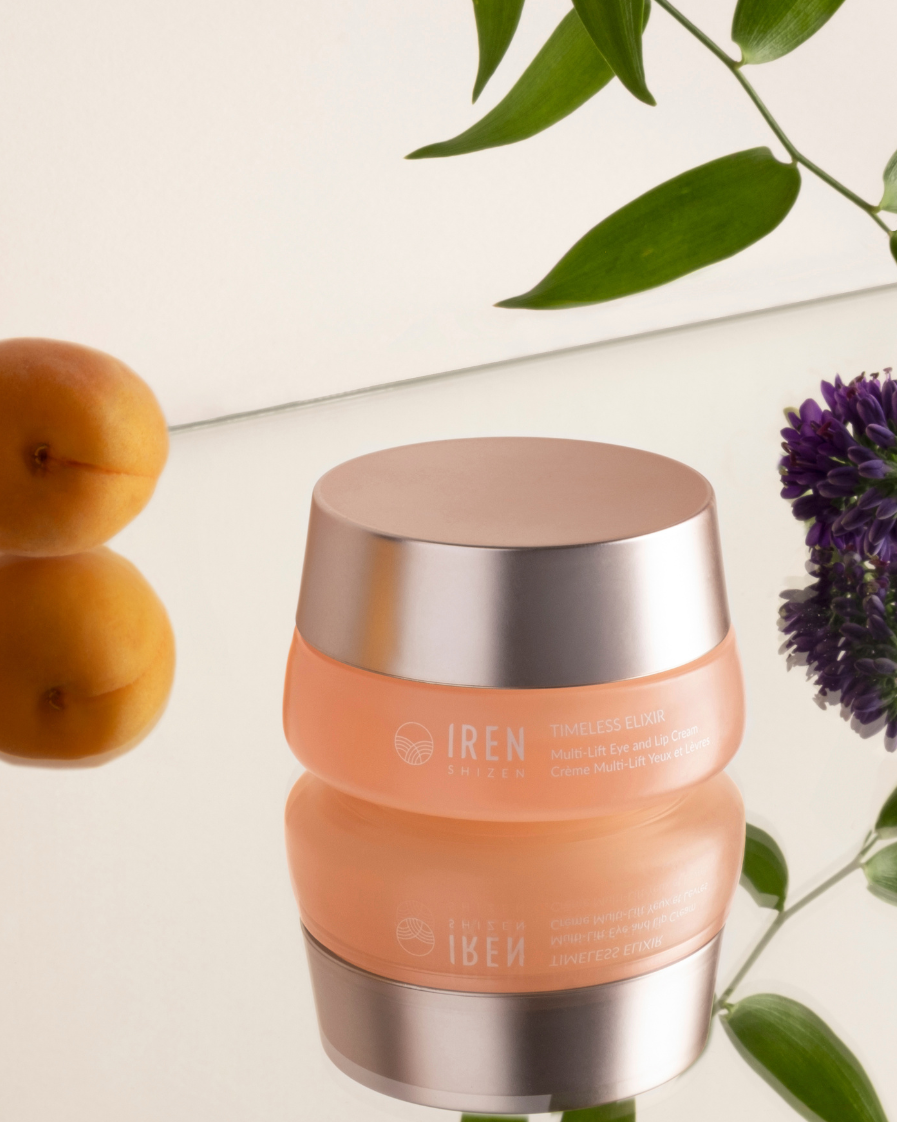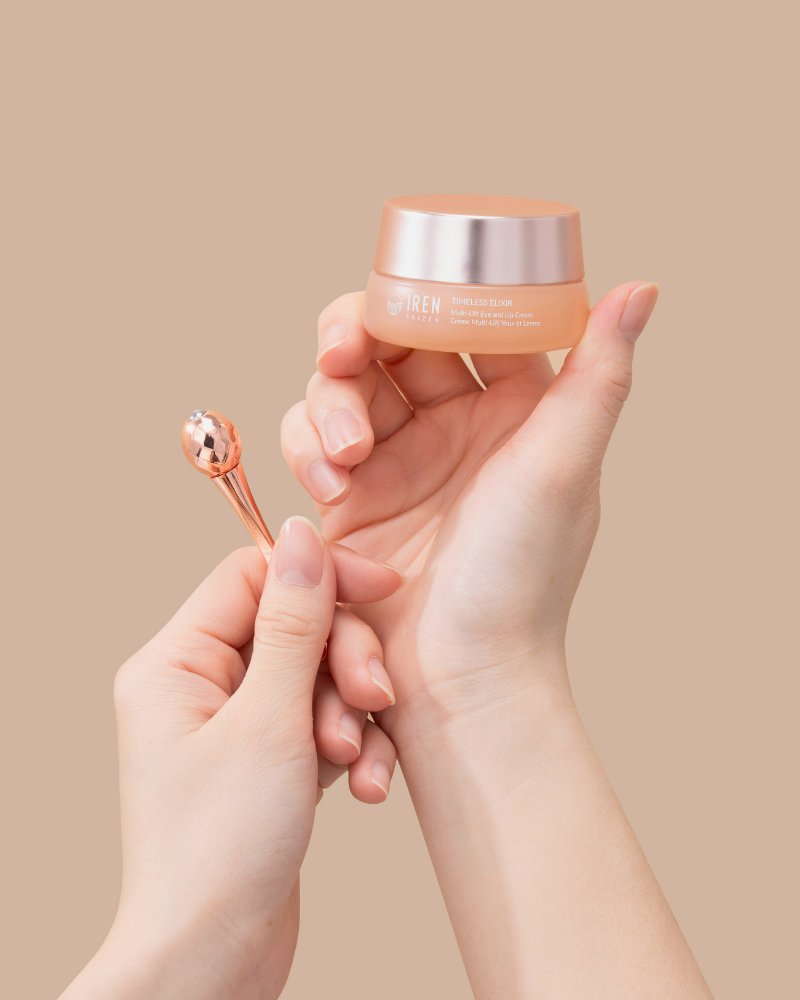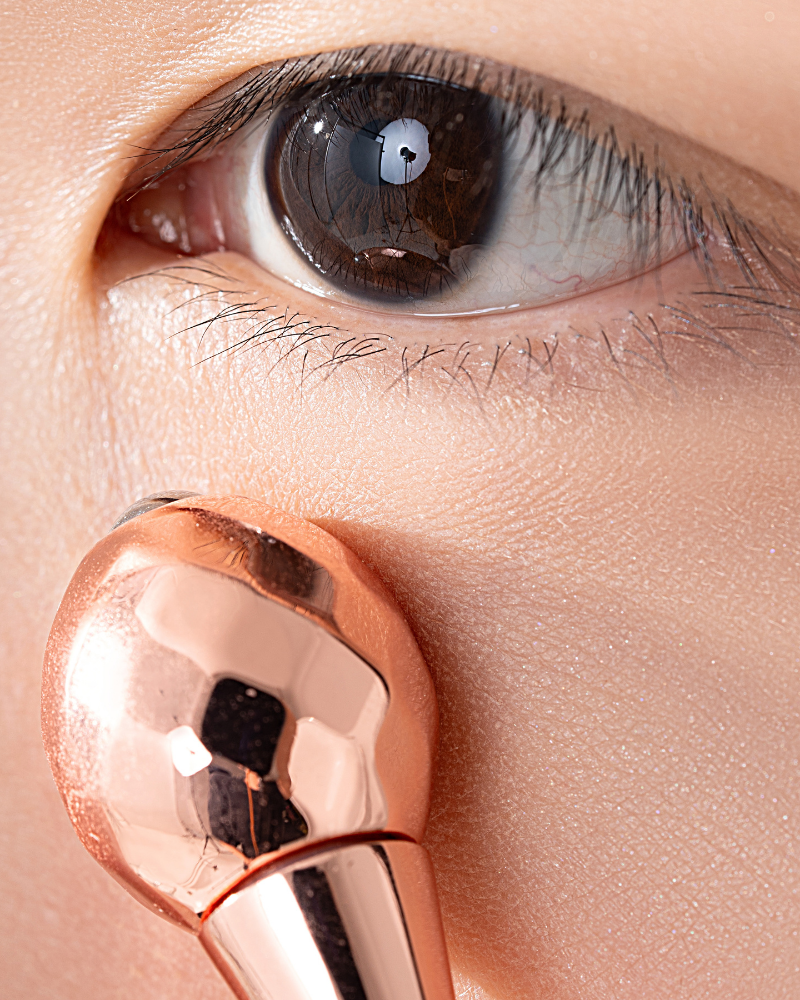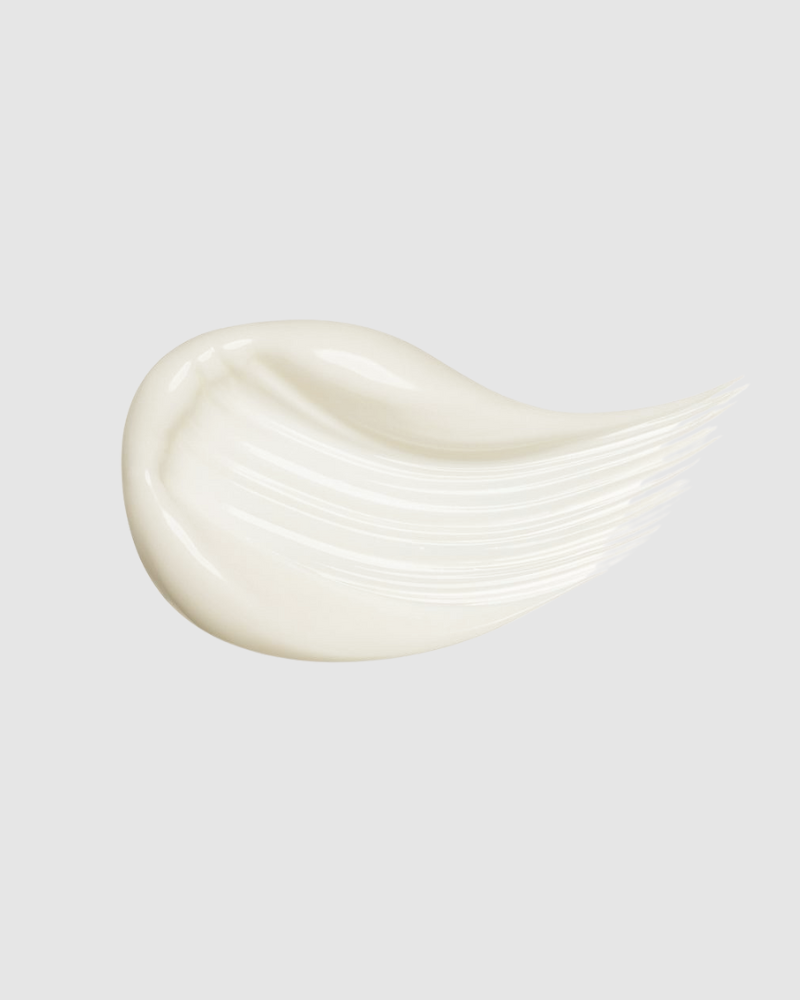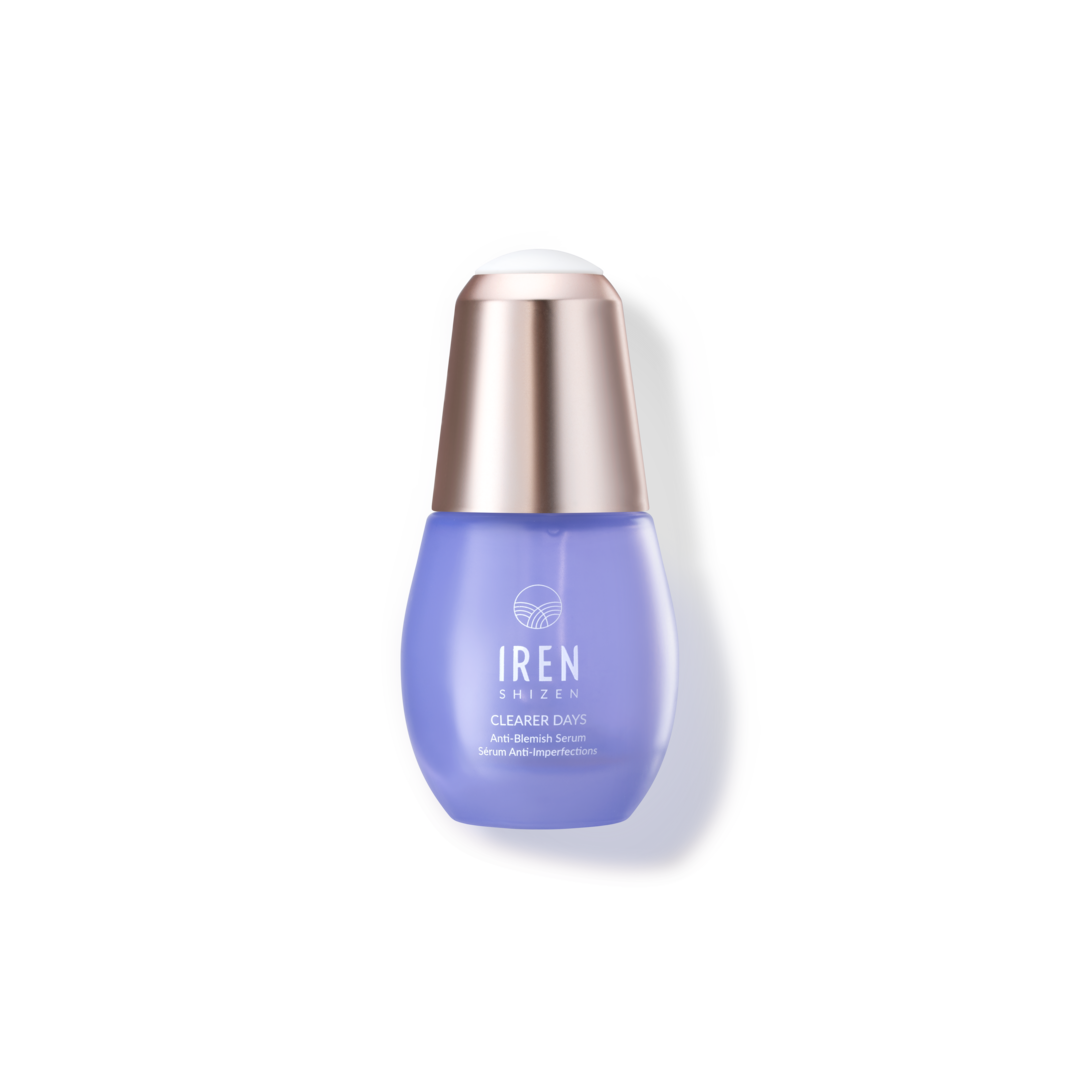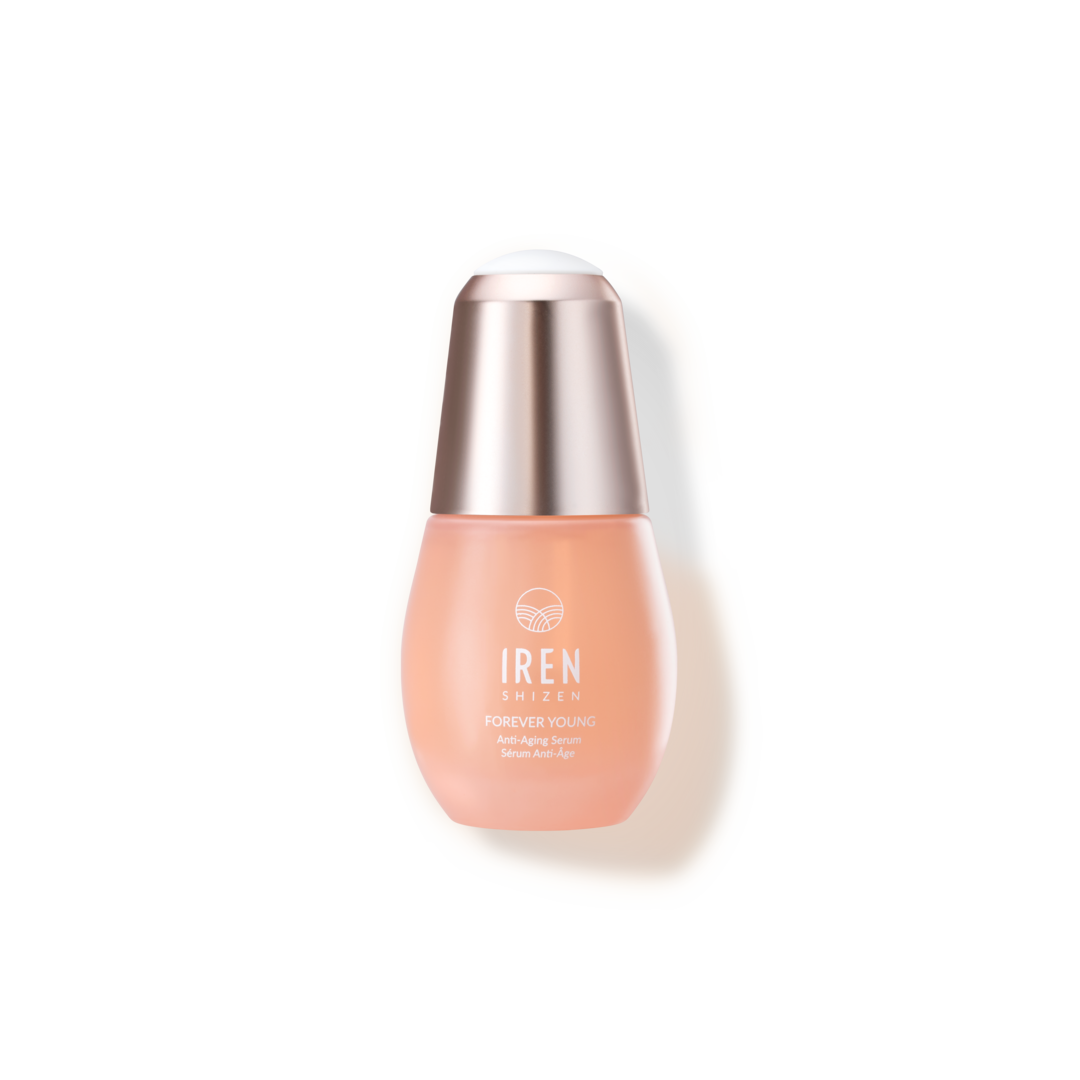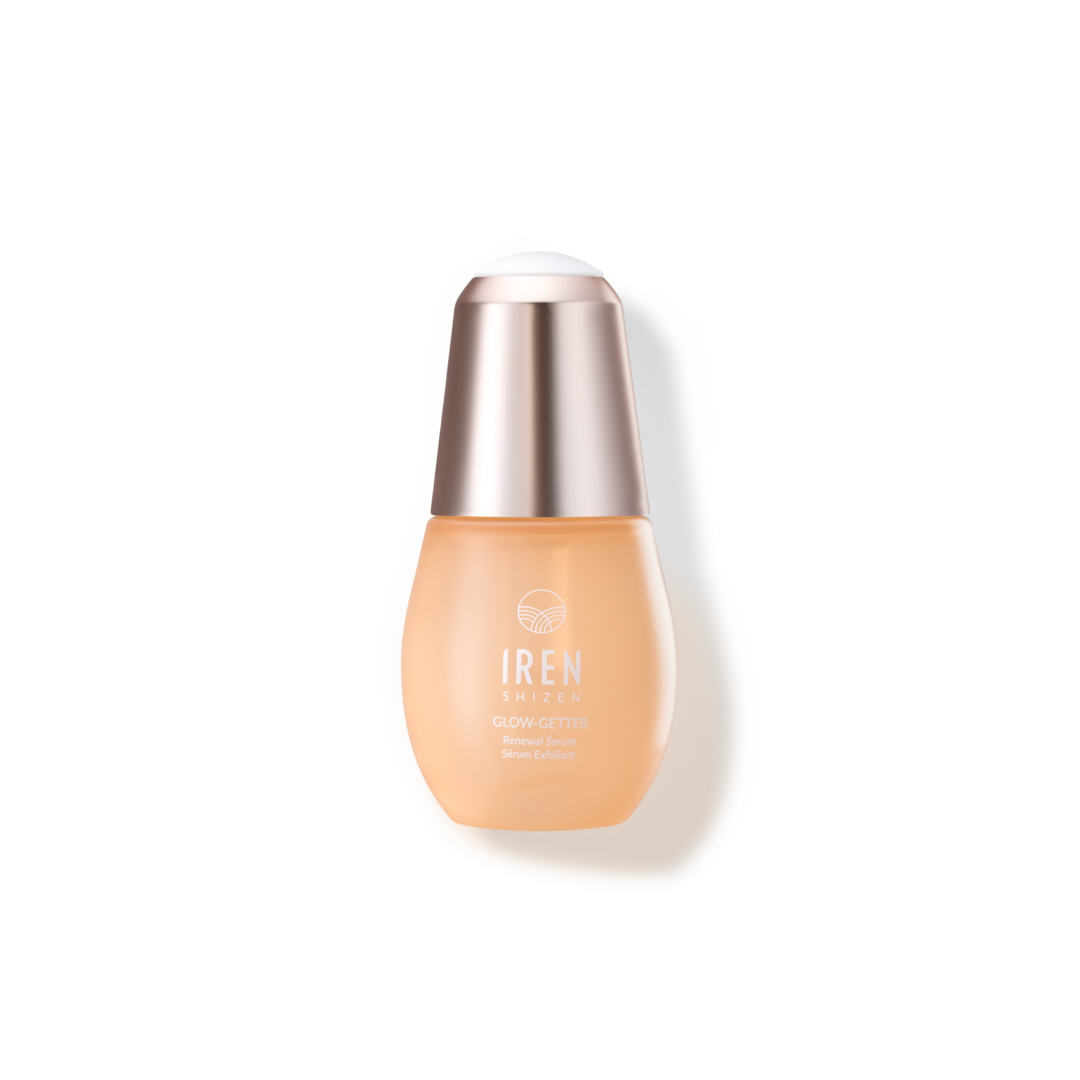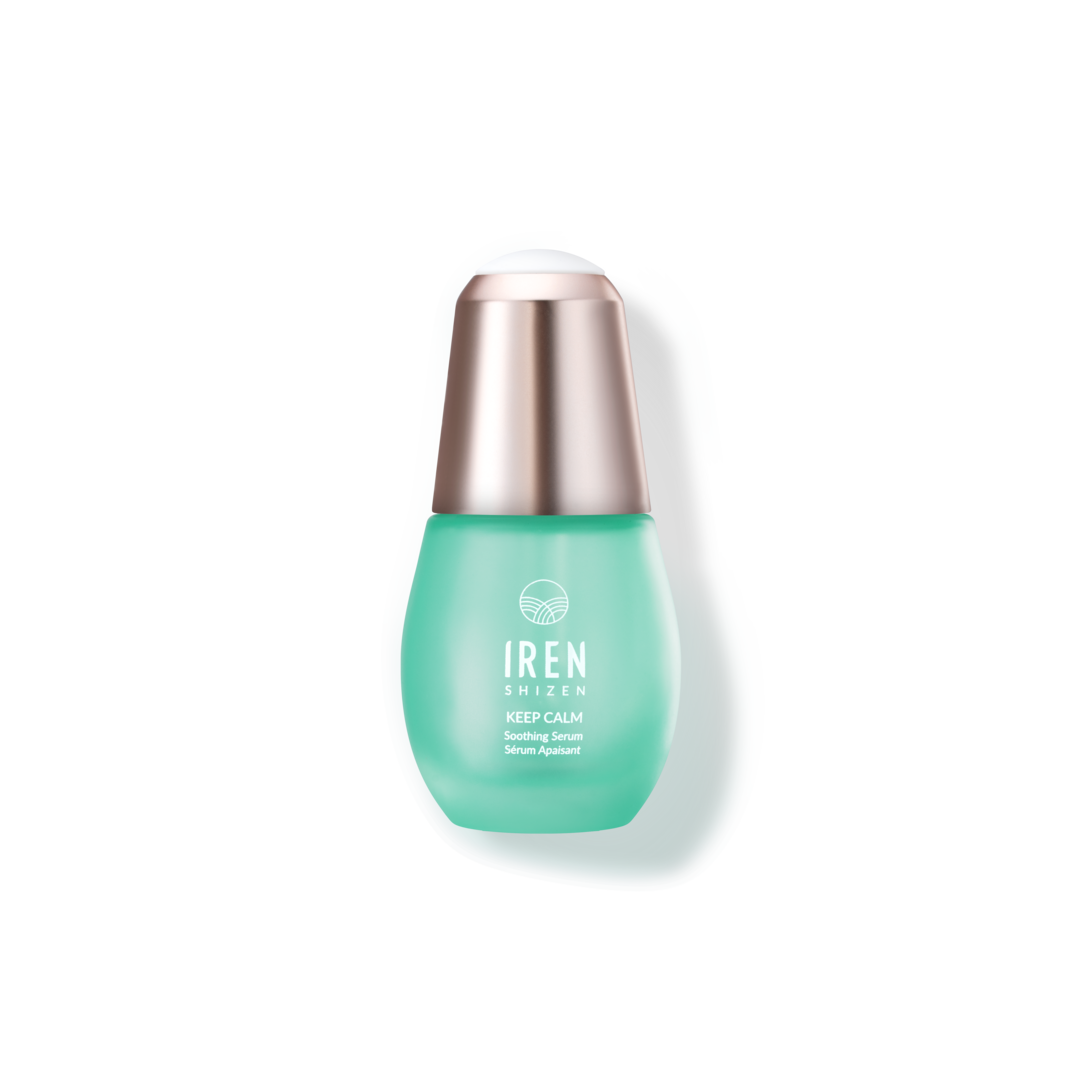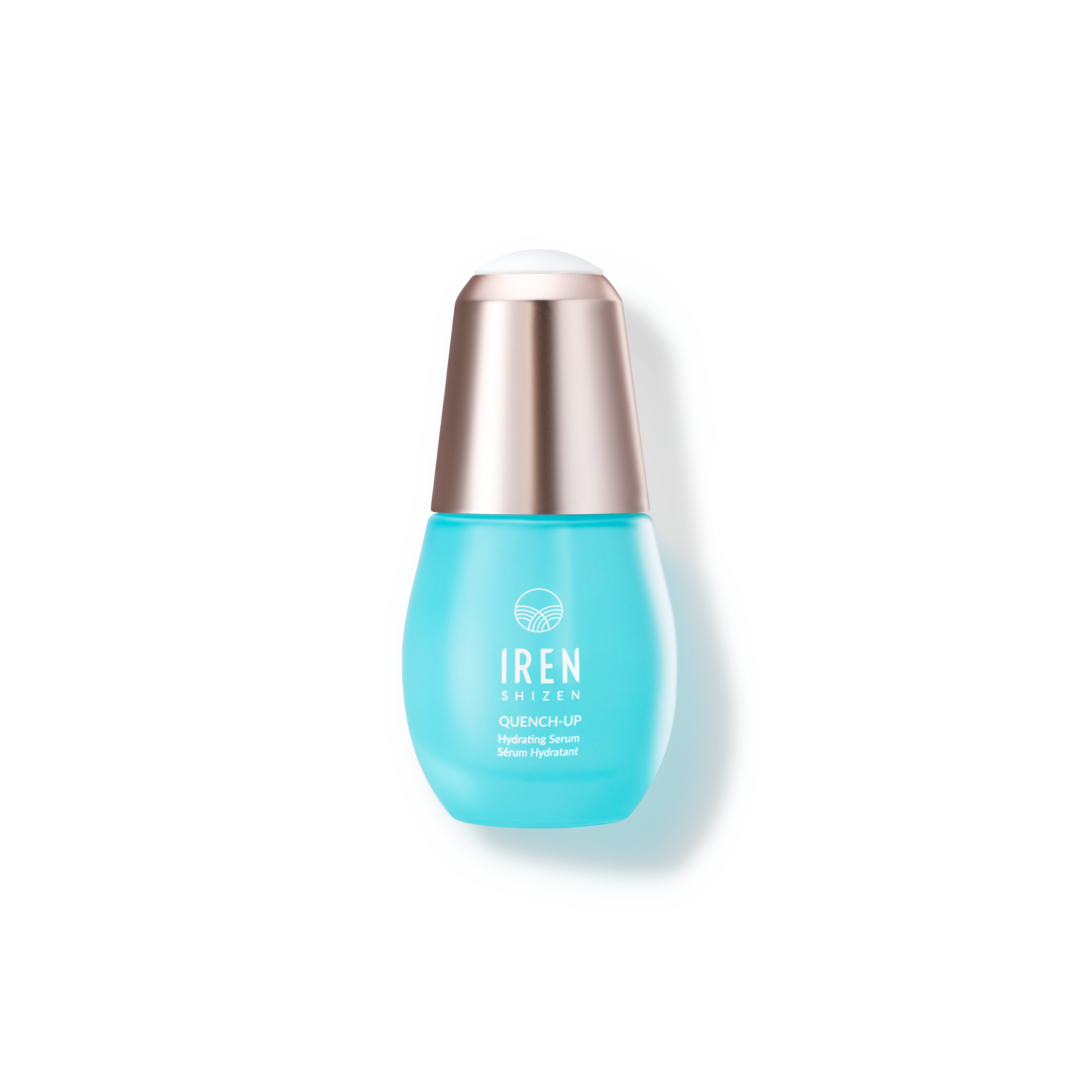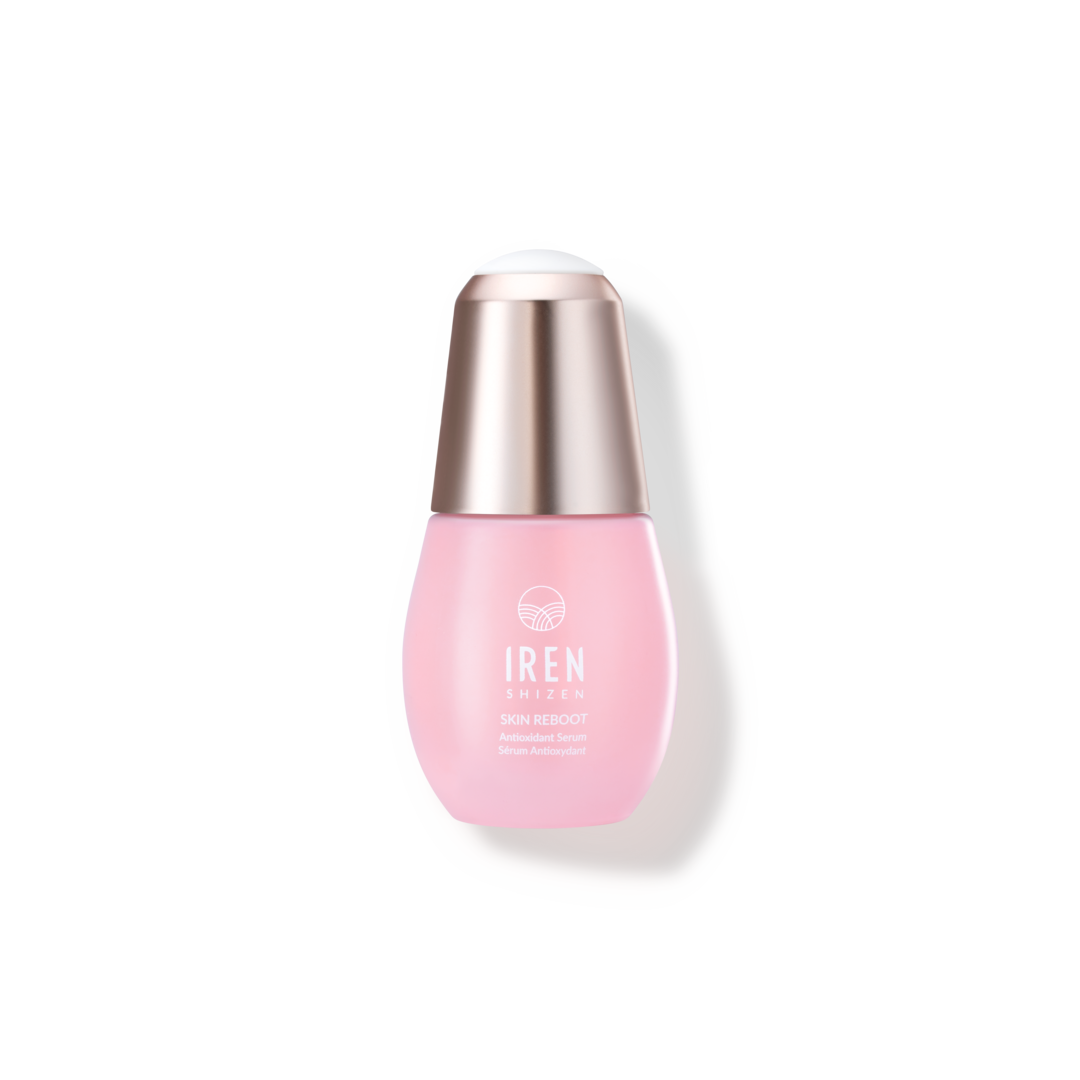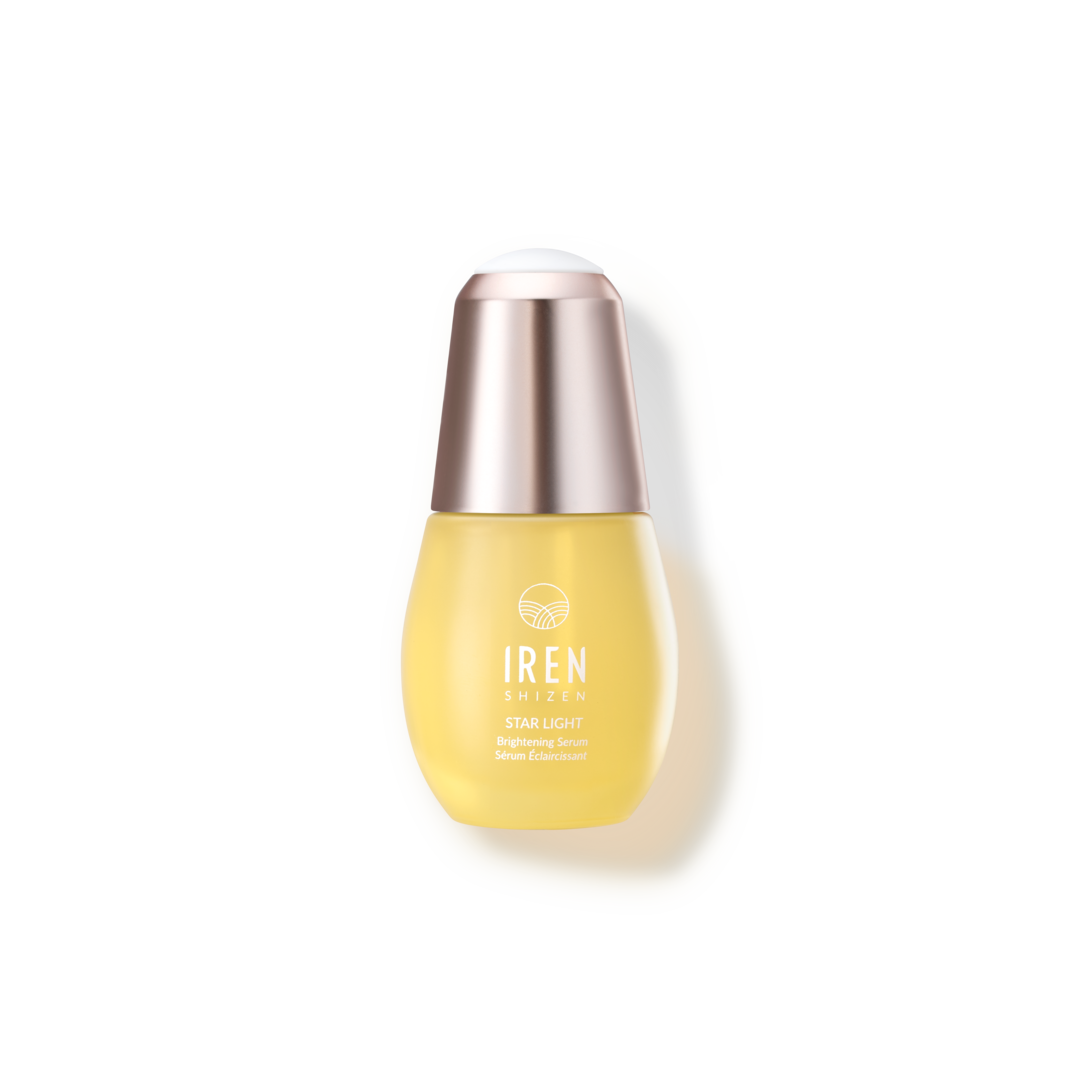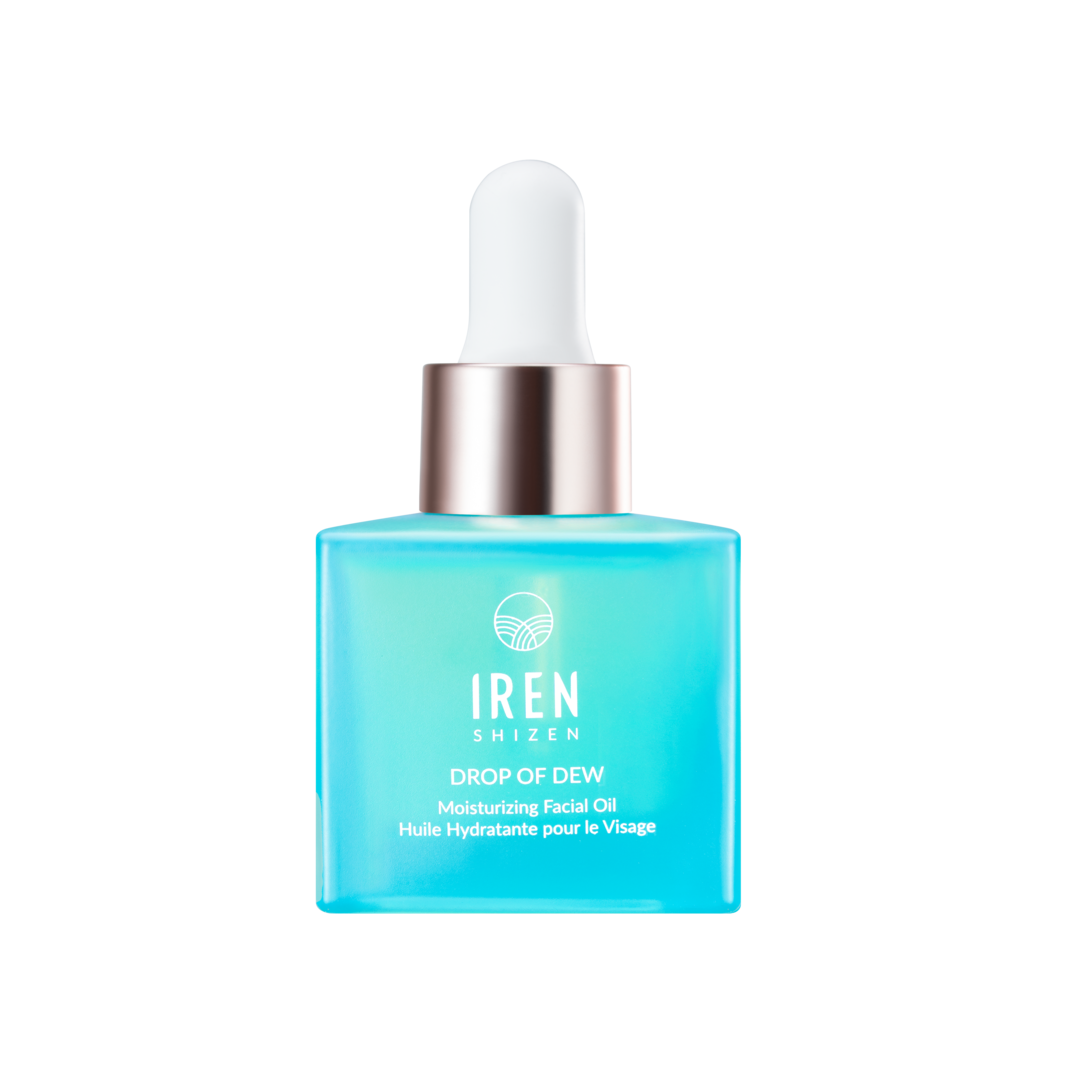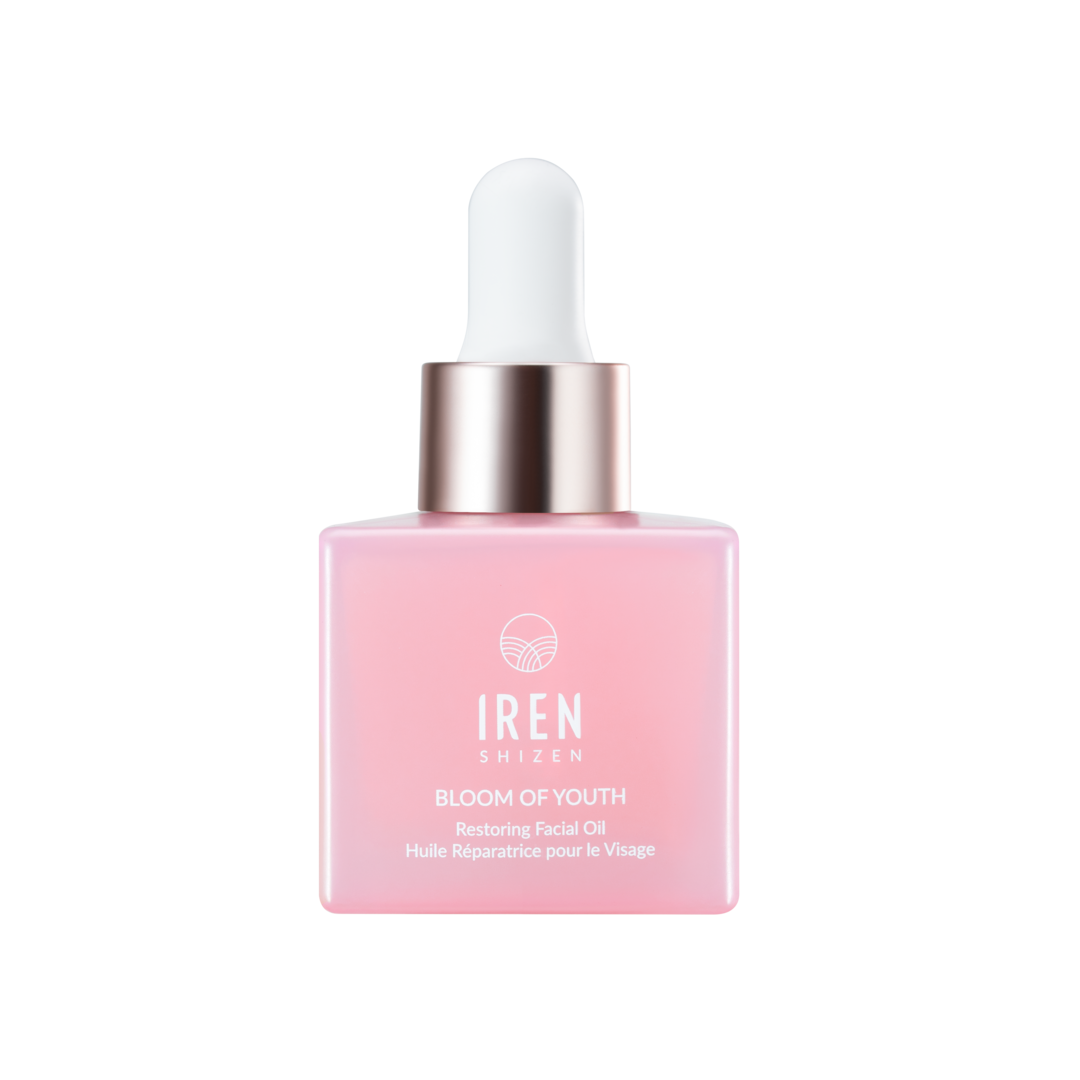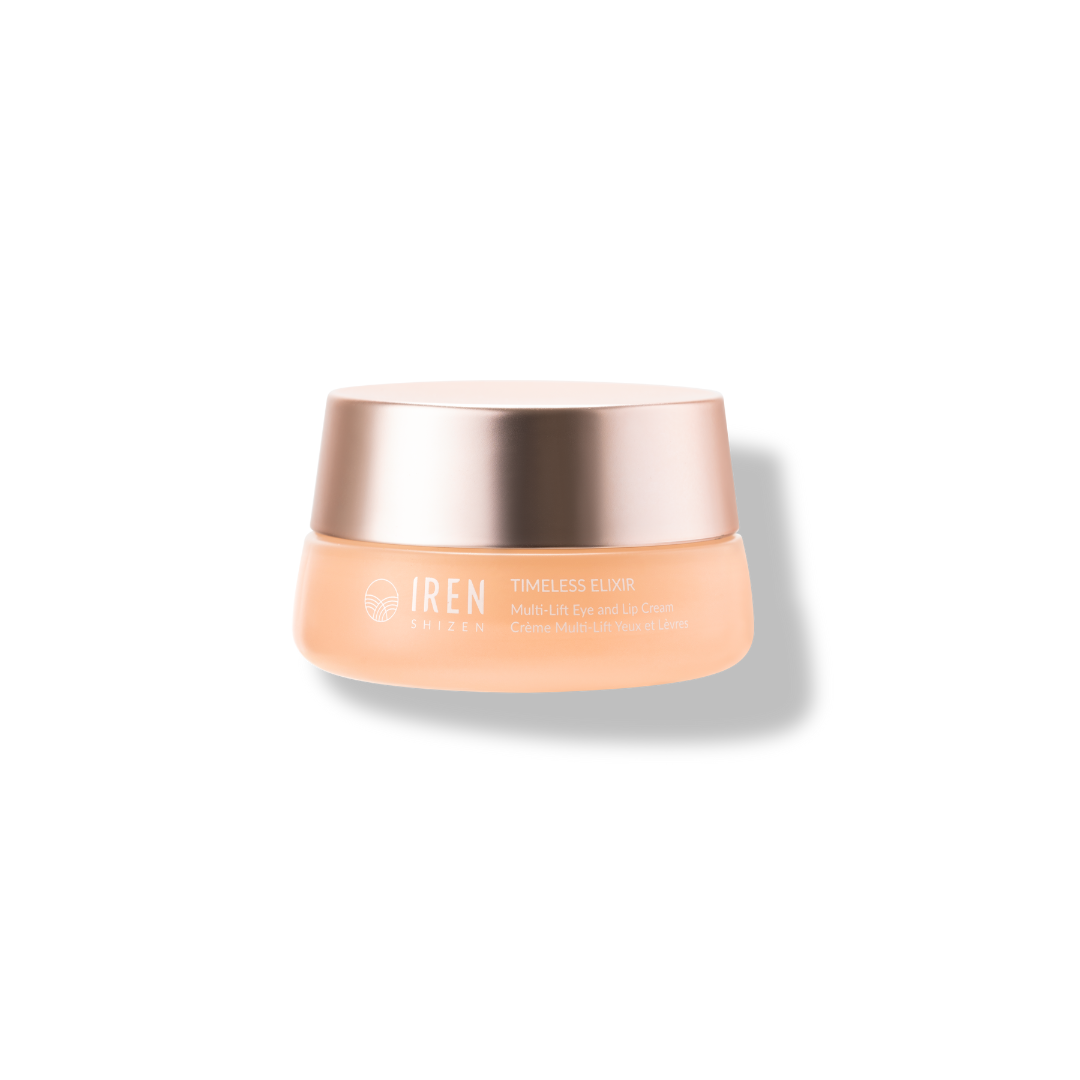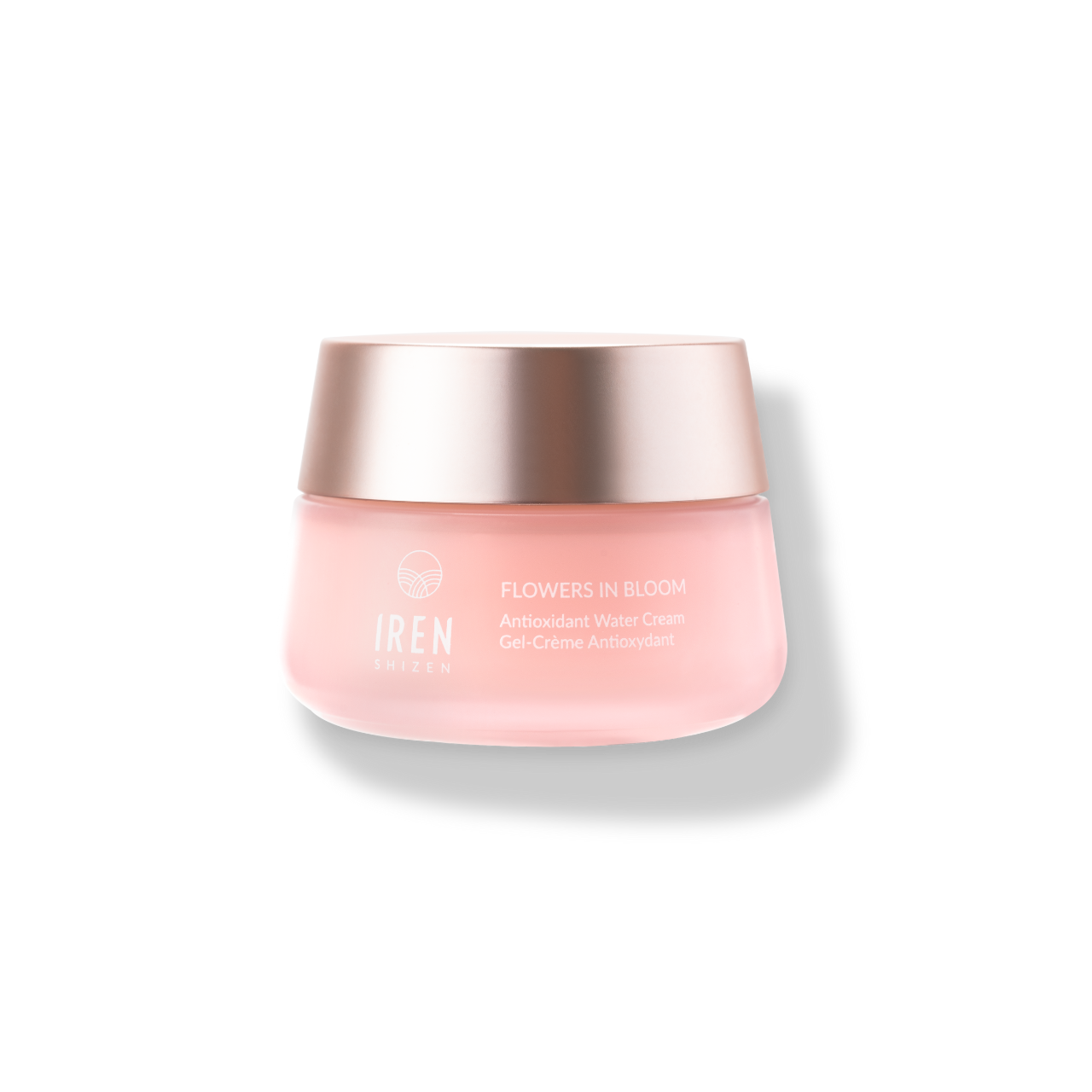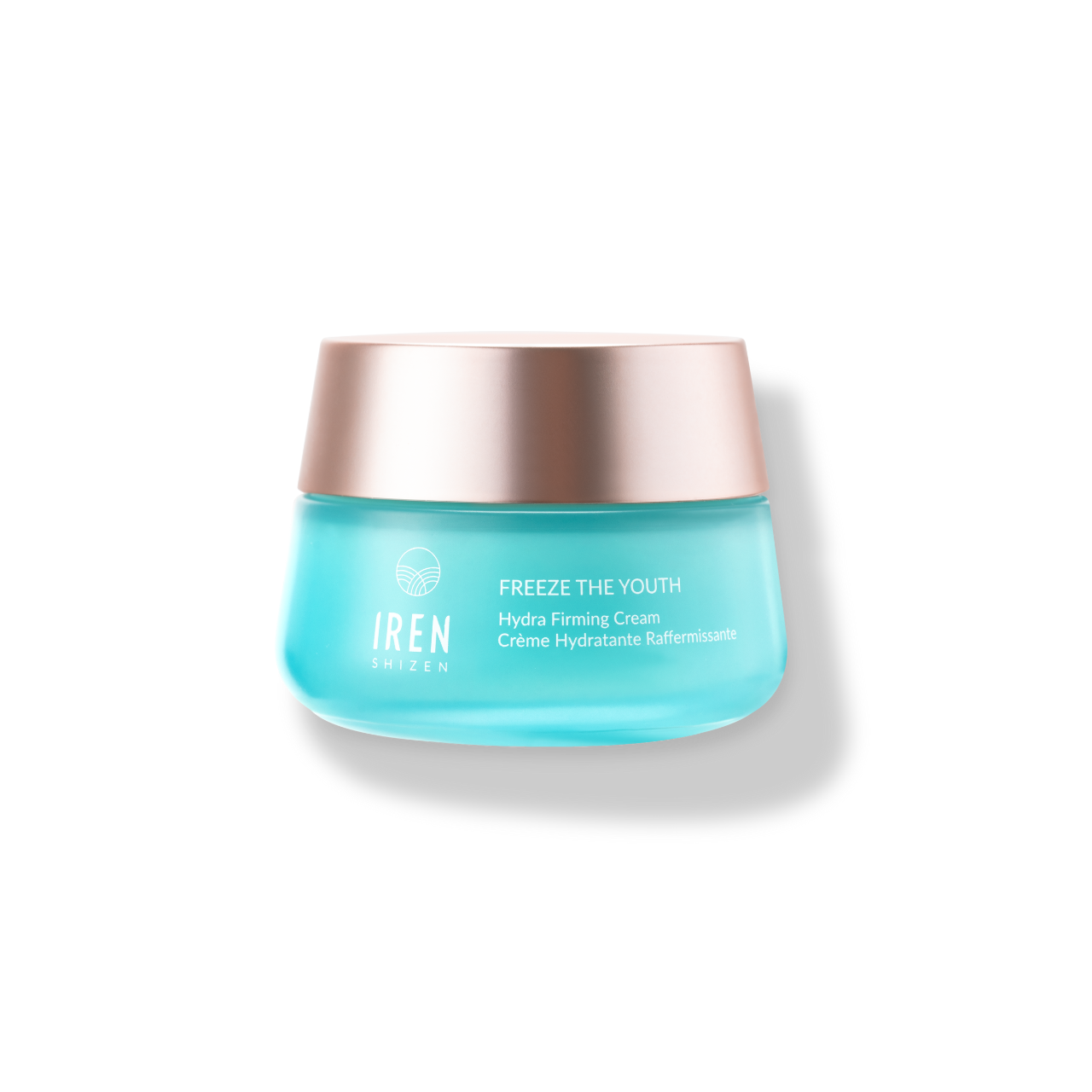If you’re a skincare veteran like us, it shouldn’t come as a surprise that custom serums make up one of the most underrated components of your skincare routine. Besides your usual toner and moisturizer (which you should already be using!), these serums add an extra layer of concentrated benefits that are tailored specifically for your skin.
In this guide, we will consult our resident dermatologist, Dr. Kaori Ishikawa to thoroughly discuss the importance of bespoke serums for healthy skin, find out how they work, and uncover what serums and active ingredients are best suited to your skin to answer the question—do custom serums really work?
What are Custom Serums?

Custom serums are specialized products with high concentrations of beneficial active ingredients for your skin. These serums can treat anything and everything. Wrinkles? There’s a serum for that! Dry skin? Get a hydrating one! Intrigued yet? You should be!
These lightweight moisturizers of thin viscosity (water-like almost!) are typically applied in between the toning and moisturizing steps in skincare. Often pricier than other products due to their potent effects, custom serums contain larger amounts of active molecules in salubrious ingredients such hyaluronic acid, glycolic acid, and everyone’s favorite vitamin C to treat your skin straight from your problem areas quickly.
As much as generic serums can help to improve your complexion and overall skin health, we still believe in investing in custom ones to see more visible results. Picture this—you’re suffering from prominent dark spots at specific areas on your skin. Would you rather use a generic serum to solve this problem or invest in a brightening serum designed to reduce visible signs of pigmentation? The answer is (hopefully!) quite obvious.
Having said that, it is worth noting that everyone’s skin is uniquely different. Some of you may not even require the same amount of attention to your skin as others do. If you have normal or naturally clear skin, chances are you could get away with not using custom serums. Though, we do not recommend it!
Why Should You Use Custom Serums?

So why are they necessary? Well, it’s because your skin is ever changing. The truth is that one skin type can have multiple skin concerns. Your skin concerns now may not be the same five years down the road, and because of this, custom serums are ideal products to counter this problem.
As we’ve discussed in our previous article about tachyphylaxis (you may want to read it to get a better idea of what tachyphylaxis is), if you feel like your skincare has ‘stopped working’, chances are your skin has evolved. The general serums you bought way back may not work for you over time due to your new skin, temperamental hormones, lifestyle habits, and external factors.
The beauty of using custom serums is that you’ll always have the option of swapping to a more targeted serum to treat your present skin concerns.
How effective are serums?

Fun fact—not all serums work the same way. Some require a more extended period of time to visibly show in your complexion, some function as preventive potions against future skin damage, and some show up straight away. Regardless, serums are reliable in their efficacy. It really just depends on whether your skin can take the strength of them or not.
There are ways to make your serums work more effectively, though, and that is to change your lifestyle and diet preferences. Your skincare products may also not work as well if you do not exfoliate or use SPF regularly to prevent damage to your skin. Like all skincare products, they need a clean canvas before they can work their magic.
Dr. Ishikawa adds, “try to avoid oily, junk food like fried chicken, fried potatoes, and potato chips, and eat tons of fibre as it benefits your intestines and helps your skin.”
Besides eating well, maintaining your physical health via regular sleep and exercise is also crucial to skin health. Practices like changing your sheets regularly and wiping your phone clean before taking calls contribute to this too.
How do serums work as compared to other products?

Serums function a little differently compared to your average toner, essence, ampoule, or moisturizer. And should you decide to invest in one, it will make up the most personalized part of your skincare regime.
Moisturizers
Most people do question whether moisturizers are better than serums or vice versa, and honestly, they both have their merits. Moisturizers are made of a thicker consistency to create a physical barrier on top of your skin to lock in hydration.
On the other hand, serums act as a stronger version of your moisturizer and have the ability to retain moisture in your skin. Though, that is not to say that you can rely solely on just serums for optimal moisture on your face. You should still add moisturizers and facial oils to make the most of your skincare routine.
Toners
People also get confused as to whether serums are equal to toners, essence lotions, and ampoules. Well, the short answer is no. Though they may look the same, serums are way more concentrated in their active ingredients than the others.
Toners’ main function is to balance the pH balance of your skin as over-cleansing has the potential to throw it off its balance. They are essentially a neutralizer to prevent your skin from over-drying or producing excess oil post-wash. Additionally, they act as a secondary cleanser should you still have residual makeup left on your skin before moisturizing. Toners typically follow the cleansing stage of your skincare routine and are used daily.
Essences
Skincare connoisseurs everywhere know that toners often get confused with essences. And for a good reason too as essences are also used post-cleansing and pre-serum. Essences contain antioxidants and minerals to boost moisture and hydration for your skin to get that dewy or matte look we so often associate with Asian skincare. As compared to serums, essences and toners have a less viscous texture.
Ampoules
Ampoules, on the other hand, can be considered as serums 2.0. They are generally more potent than serums and function as booster shots to deliver active ingredients into your skin for a shorter period of time. One example of how you might go about using ampoules is by using them everyday for a week before a big event you have to look your best at. Think of it as a shot for instant beauty.
How to Use Custom Serums

Many dermatologists suggest using your serums as a base for your thicker products like moisturizer, sunscreen, facial oils, and makeup. If you have sensitive skin, it is advisable to apply serums on top of a buffer layer instead of your skin, such as a toner or essence lotion.
Serums are not a must in your skincare routine. Think of them as highly recommended products to add to your regime due to their beneficial properties. We’d suggest you start using them once you’re in your twenties so that you can get a routine down by the time you really need them.
It’s always better to prevent skin damage than to repair them as it takes a lot more effort in the after-care stage. This is why serums are the perfect products to invest in. They help prevent skin concerns like discoloration, dehydration, and premature aging, amongst others.
That being said, if you do suffer from severe skin conditions like eczema, psoriasis, and acne, you cannot simply rely on just serums to treat them. Consulting a dermatologist for a medicated alternative is the wisest thing you can do for your skin.
Incorporating Custom Serums into Your Skincare Routine
1. Double Cleanse Your Skin
If you haven’t already done so, make sure you double cleanse your skin pre-skincare. This is so that your leftover makeup residue and the dirt left on your skin from a long day is completely washed off before you start applying your skincare products.
First, use an oil-based cleanser to remove the more visible traces of makeup and accumulated oils on your face, and follow it up with a water-based or gel cleanser to hydrate and get rid of any impurities left on your skin.
2. Tone Your Face
Next up, replenish and lock in the moisture on your face with a hydrating toner. As mentioned above, toners balance the pH levels on your skin post-cleansing. They also work as a buffer layer to the thicker skincare products you will be layering over it.
3. Apply Custom Serums
Now, the most important part of your custom routine—serums! It is the only part of your routine that can effectively and efficiently target the specific skin concerns you may have. What custom serums you do choose should depend on your skin type and its concerns.
4. Use Moisturizer
Last but not least, make sure you moisturize your skin! Did you know that the Japanese love their moisturizer? As it is their primary source of hydration, they tend to massage it onto their skin to stimulate their blood flow and allow the product to absorb more efficiently and effectively into their skin.
After this, proceed to apply your sunscreen and makeup (during the day), or facial oils (at night).
If you are interested in a more detailed guide as to how to achieve Japan’s ideal mochi skin using custom serums in your skincare routine, we have prepared another article that will teach you just that.
How often should you use serums?

How often you use serums depends on two things—how powerful the active ingredients are and your skin type. Dr. Ishikawa urges you to use them once or twice a day after cleansing and toning your skin as a rule of thumb.
If you are using a brightening or antioxidant serum, it’s best to use them in the morning as they help to protect your skin against environmental factors and free radicals caused by the sun and its UV rays.
Anti-aging serums, however, are best to use at night as they allow active ingredients to work in tandem with your body’s circadian rhythm (whilst you’re asleep) to repair your skin and its cell turnover rate.
Hydrating serums are our personal favorite as they can be applied twice a day to keep your skin constantly hydrated and moisturized. Think of them as more of a bonus serum to your everyday skincare routine.
How to get the most out of your serums?

1. Apply Serums on Thoroughly-Cleansed Skin
As mentioned above, skincare works best when applied onto a clean canvas. Active ingredients will often stick to dirt and dead skin and amount to product waste. To ensure you get the bang of your buck, wash your face with lukewarm water, use a gentle cleanser for your skin type, and exfoliate your skin twice a week (no more, no less!).
2. Apply Serums on Damp Skin
Like most skincare products, it is advisable to apply serums on top of damp skin. This is because your skin is more permeable for optimal absorption when it is moist than dry. Needless to say, you should pair your serums with hydrating toners or essences for an added boost of hydration to fully optimize your skincare routine.
3. Less is More with Serums
And this applies to your entire skincare regimen as well. As your serums are heavily concentrated with actives, it would be a waste to use too much at once. There’s a reason as to why they are so often packed in such small quantities! Simply spread a small drop of serum onto your skin, and you’re good to go!
4. Avoid Unclean Ingredients, Artificial Coloring and Fragrances
We get it; it’s hard to resist pretty-looking skincare products. But are you willing to risk exposing your skin to harsh chemicals for the sake of this? We doubt so! When choosing a serum to invest in, make sure you look for one that is free from toxic skincare ingredients, is fragrance-free, and coloring-free, as they do more harm than good to your skin. If you want to go fully clean, make sure they’re vegan and cruelty-free as well!
5. Allow Your Serums to Absorb into Your Skin
This goes for all of the products you use in your routine as well. For your serums to work exceptionally well, give them time to fully absorb into your skin before layering your eye cream, moisturizer, facial oil, and whatever else on top of it. Serums do take a shorter amount of time than other products to absorb into your skin, so no worries there!
6. Store Your Serums Well
We know most of you (us included) do this, but avoid storing your skincare supplies in your hot and steamy bathroom. Yes, it is the most convenient place to keep them as you can retrieve them straight after your shower, but your bathroom is, unfortunately, a haven for bacteria (thank the steam from your hot showers!).
Where to store your serums depends on what ingredients are present within them. Vitamin C and retinoids, for example, are heat and light-sensitive, meaning that they will oxidise faster if stored in less than ideal conditions. Why do you think they’re packaged in dark-colored bottles?
We recommend placing these babies in a cute little skincare fridge to extend their shelf life. Serums containing organic or natural active ingredients should also be stored in the fridge as they tend to not have as many preservatives that make them last longer.
Serums that can be stored at room temperature include oil-based serums. If you were to store oil-based serums in the fridge, chances are they’ll end up becoming cloudy and be rendered useless once the oil and water ingredients separate. Essentially, it is best to avoid leaving your serums in direct sunlight or in your bathroom. A cool, dry place is where it’s at!
How to Personalize Your Custom Serums

We’ve come to the most crucial section of the guide—how to personalize your custom serums. As each type of custom serum is known for the active ingredients unique to their functions, it is important to know what each ingredient does for the benefit of your skin.
If you’ve been using serums for a while now, chances are you probably already have a favorite. But if you’re new to the world of serums, allow us to help you find yours.
What Ingredients are Commonly Found in Custom Serums?

1. Hyaluronic Acid (HA's)
Think of HAs as hydrators. This trusty ingredient specializes in replenishing moisture to dry and dehydrated skin, reducing the appearance of wrinkles in aging skin, replenishing cell turnover, and speeding up wound healing in all skin types.
HAs are one of skincare’s holy grails as they can absorb up to 1,000 times its own weight in water. Safe for all skin types, this hydrator can be applied twice a day via serum and can be combined with vitamin C, vitamin B5, and glycolic acid for optimal results. However, if you have rosacea or eczema, it is advised to patch test HAs before using them to avoid chances of skin irritation.
2. Vitamin C
Presenting your go-to ingredient for a radiant complexion. This antioxidant reduces hyperpigmentation, evens out your skin tone, protects your skin from free radicals, reduces wrinkles, prevents sun damage, protects and boosts collagen production, and aids wound healing.
Dr. Ishikawa recommends using vitamin C daily or every other day, depending on how much your skin needs it. You can also combine it with vitamin E and ferulic acid for better results on your skin. If you’re someone who suffers from sensitive skin or oily skin, try your best to avoid using vitamin C as it can be problematic for your skin.
3. Retinol (Vitamin A)
By far one of the most popular ingredients (a cult favorite!) in the skincare industry, retinol is used to primarily treat acne, fine lines and wrinkles, photoaging, textured skin, melasma, hyperpigmentation, and large pores.
Often regarded as an exfoliant, retinol can be used once a day or once every few days, depending on your skin type. If you suffer from acne-prone or aging skin, this ingredient will be your savior to give your plump skin. Try to avoid using it if you have sensitive skin, though, as it does have the ability to irritate your skin.
4. Alpha Hydroxy Acids (AHA's)
If you’re not one for harsh acids, this is not the ingredient for you. AHAs are an acid or chemical exfoliant that exfoliates and brightens your skin, as well as promotes collagen production, reduces fine lines and wrinkles, promotes blood flow to your skin, treats and prevents acne, and corrects skin discoloration.
Most skin types can take AHAs, and many see visible results by using them. You can pair it with hydrating ingredients for better results as well. Dr. Ishikawa recommends working up to using AHAs, starting with using it once or twice a week before increasing the frequency of use.
5. Niacinamide (Vitamin B3)
Nicknamed the secret to glowing skin, niacinamide is a brightening ingredient that prevents signs of aging, targets redness and hyperpigmentation, and reduces acne and large pores. Often used twice daily, this vitamin can be combined with other stable and powerful antioxidants for more visible results.
Dr. Ishikawa notes that too much niacinamide has the potential to be irritating to the skin if used in high concentrations, so do keep that in mind before you proceed to use it. Like AHAs, you can work your way up to using it.
6. Vitamin E
If you’re one for preventive skincare, vitamin E will be your best friend. This antioxidant protects your skin’s lipid barrier, keeps your skin moist, prolongs cell life, heals your skin from burns and wounds, soothes skin, and protects it against sun damage.
Recommended for people with dry skin, this ingredient works well with vitamin C and ferulic acid to lock in moisture to your skin. However, Dr. Ishikawa does not advise using this if you suffer from sensitive skin.
What Active Ingredients to Mix and Not to Mix

Good Combinations

Bad Combinations

- Retinol and Vitamin C: Can cause inflammation, irritation, and redness to your skin. Try your best to use vitamin C in the morning and retinol at night.
- Retinol and Alpha Hydroxy Acid (AHAs): Can cause skin irritation as they are both exfoliators.
- Retinol and Salicylic Acid: Can cause inflammation, irritation, and redness to your skin. Avoid this by using them on separate nights.
- Retinol and Benzoyl Peroxide: Can cancel each other out, rendering them less effective in treating your skin.
- Salicylic Acid and Benzoyl Peroxide: Can cause dryness and irritation to your skin. Avoid this by using them on separate nights.
How long does it take for active ingredients to show results?
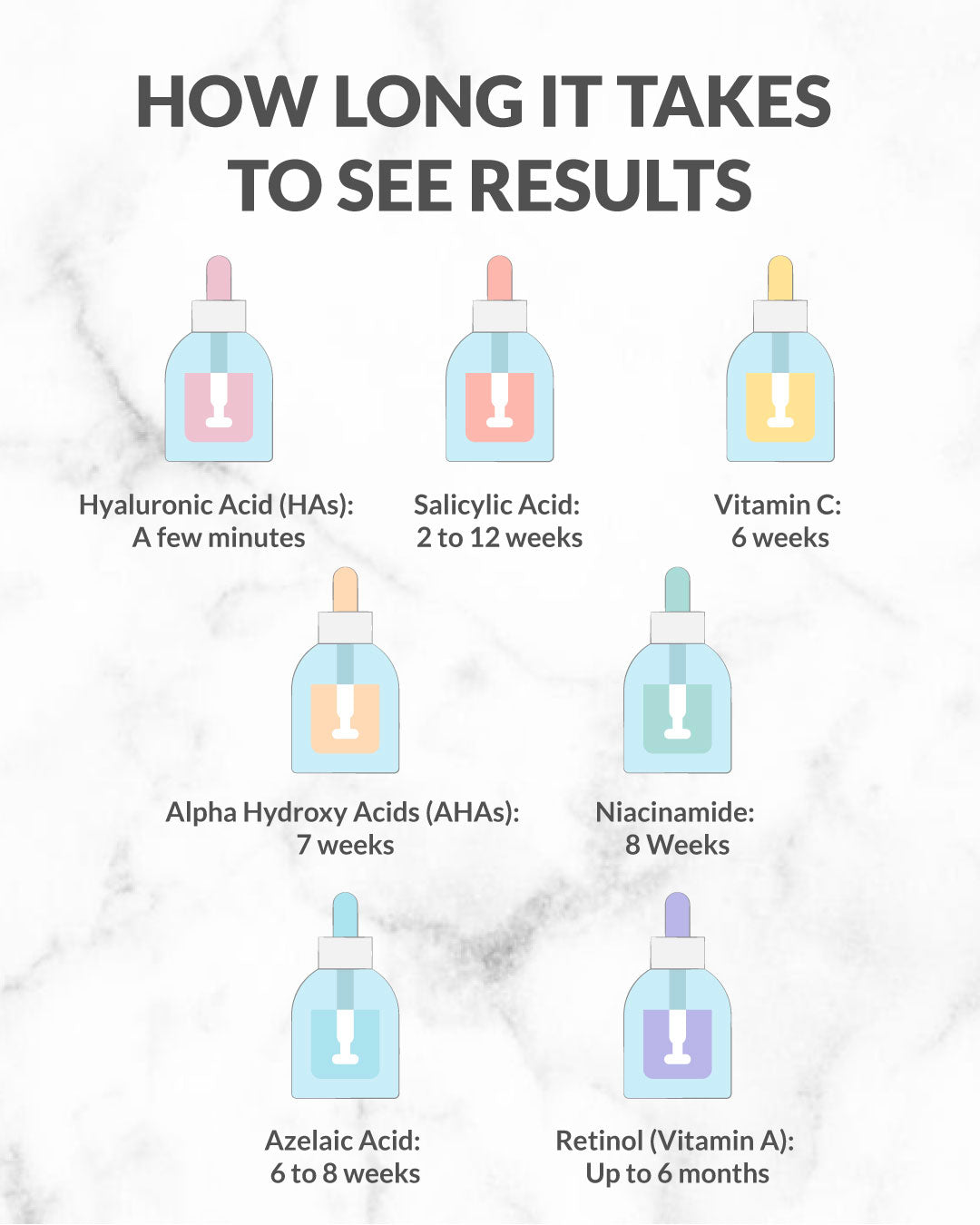
What Custom Serums Should You Use?

At this point of the article, you must be wondering what serums best suit your skin concerns. Dr. Ishikawa strongly advises, “when it comes to choosing a serum, it’s best to look at the ingredients and properties before purchasing.”
Custom serums usually fall into seven categories—anti-aging, skin brightening, hydrating, free-radical fighting, acne-prone, sensitive, and reparative serums.
1. Anti-Aging Serums
You guessed it! This youth elixir improves the appearance of fine lines and wrinkles to firm and retighten your skin while actively stimulating collagen production. It doesn’t matter what age you are; anyone can use anti-aging serums. It is, of course, best to start early so that you can prevent signs of aging at a younger age.
Dr. Ishikawa also emphasizes the importance of using moisturizer and sunscreen daily to prevent rapid photoaging. You have no idea how much sun damage plays into this! Additionally, you can use retinol in moderation and avoid using drying alcohols to look like you’re aging backwards. Forever young, baby!
2. Brightening Serums
Illuminate your skin with a brightening serum (and no, do not mistake this as a skin whitening product!). With it, you can reduce visible signs of pigmentation (bye-bye dark spots) and suppress overactive melanin production for a luminescent and even complexion.
Look for antioxidants like green tea, yuzu, and alpha-arbutin should you wish to try one. It is also worth noting that your diet plays a part in your overall skin radiance as well.
3. Hydrating Serums
It’s always good to have a hydrating serum at hand for daily use, no matter what your skin type may be. This refreshing bottle of goodness will replenish the moisture in your skin to give you the plump and dewy complexion you often see on Asian women.
If you suffer from dry or dehydrated skin, Dr. Ishikawa advises using clean-based cleansers and serums that contain hyaluronic acid and ceramide for optimal hydration. Try your best to avoid using drying alcohols as well as they can be detrimental to your already dry skin.
4. Antioxidant Serums
Protect your skin from free radicals, stress, UV damage, and environmental attacks with an excellent antioxidant serum. If you feel the tiring effects of well… life, this serum is the one for you. Not only does it protect your skin against aggressors, it also depuffs your eye bags and reduces the appearance of your dark eye circles.
Investing in an antioxidant serum gets you one step closer to more resilient skin. Perfect for all skin types!
5. Anti-Blemish Serums
Before we go into this, be aware that anti-blemish serums do not treat acne, but rather tend to the prevention and after-care of acne breakouts. If you suffer from bad acne, you should consult a dermatologist for a medicated treatment instead.
Anti-blemish serums tend to contain vitamin C and A to target overactive sebum, calm and heal irritated skin, protect your skin against future breakouts. Dr. Ishikawa proposes using an oil-based cleanser if you have oily and acne-prone skin, and a mild milk or clean-based cleanser if you have dry and acne-prone skin before layering the serum on top.
6. Soothing Serums
Call them skin therapy in a bottle. If you suffer from sensitive skin, soothing serums are the way to go. This gentle oasis is specially made to heal and hydrate sensitive skin and calm dry and inflamed skin.
It is perfect for all skin types, but works especially well if you suffer from redness or are exposed to the sun on a daily basis.
7. Repair and Renewal Serums
Lastly, we have our repair and renewal serums (our favorite!). This is a great serum to own regardless of your skin type as it protects your skin from free radicals and future damage.
It also activates your skin’s resurfacing and repairing process to exfoliate, restore, and strengthen dull skin to its vibrant and luminous state. Why wait to get glowy skin when this serum does it for you?
IREN Shizen’s Customized Serums

At IREN Shizen, we specialize in formulating scientifically-clean, vegan, and cruelty-free custom serums. With the expertise of Dr. Ishikawa, our very own all-female R&D team, and years of scientific research, we have concocted top quality serums you can trust.
We are the first Japanese skincare brand to blacklist over 2000 ingredients that are toxic, comedogenic, or allergenic, such as SLS/SLES, parabens, formaldehyde and formaldehyde releasers, phthalates, triclosan, drying alcohols, and artificial fragrances.
We have also invented our very own Biyusen™ Encapsulation Technology that compacts each active ingredient into nanometric (particles that are even smaller than our pores!) molecules to carry out better penetration of serums into your skin.
On top of that, our serums are deliberately formulated to allow you to mix up to three at a go for a more personalized skincare routine. What are you waiting for? Find your skincare trio today!
If you are unaware of your skin type and the kind of serum you may need, feel free to take our skin quiz designed by Dr. Ishikawa and our R&D team for a virtual consultation.
